
Manuscript Submission Cheat Sheet
This cheat sheet contains all the information you'll need to gear up for submission, do amazing research, and pitch your project in the strongest way possible.

Upcoming Webinars
Get an insider's view of the publishing world with Publishing Lunch, the ultimate speaker series designed for writers ready to thrive. This isn’t just another webinar; it’s your backstage pass to candid conversations with industry pros like literary agents, acquisitions editors, and more.
While picture books are easy and fun to read—they can be extremely challenging to write well! Join me on an exploration of this amazing, engaging, and colorful category of children’s books.
Get an insider's view of the publishing world with Publishing Lunch, the ultimate speaker series designed for writers ready to thrive. This isn’t just another webinar; it’s your backstage pass to candid conversations with industry pros like literary agents, acquisitions editors, and more.
Get an insider's view of the publishing world with Publishing Lunch, the ultimate speaker series designed for writers ready to thrive. This isn’t just another webinar; it’s your backstage pass to candid conversations with industry pros like literary agents, acquisitions editors, and more.
Query letters are the most controversial topic in publishing. They’re your foot in the door in the slush pile, and a good one will launch you toward your publishing goals. Learn how to write a compelling query from a former literary agent, get advice for agent and publisher research, and discover some surprising submission dos and don’ts.
Videos
What’s the secret behind designing a bestselling YA book cover? Casey Moses, an Assistant Art Director at Penguin Random House, gives us some answers and provides insight into the role of a book cover designer. Listen to our in-depth conversation to learn about designing typography, special edition production, and the unusual methods for achieving perfect photoshoot conditions.
Mary Kole is joined by writing expert John Matthew Fox to chat about his work helping authors and founding his company, Bookfox. Conversation topics include the different publishing paths available to writers, the benefits and drawbacks of traditional vs. self-publishing, the challenges of effectively marketing one's work, and going beyond commercial success.
Despite the challenges of balancing writing with a day job and parenting, middle grade and YA author Tracy Badua keeps churning out adventurous contemporary fantasy stories. Tracy’s books explore themes of cultural identity, family expectations, and folklore, even drawing inspiration from Filipino superstitions she grew up with.
Young adult author Farrah Penn details her publishing journey, from striking out on submission to her debut novel. Listen in to this conversation for thoughts on the young adult genre, using tropes, crafting stakes and curveballs for your characters, and how screenwriting may help when writing a novel.
Get ready for some full transparency. How much an agent should be charging you, at what percentage, and when.
Danielle Marietta joins the podcast to discuss Books & Things Publishing, the children’s book sphere, and the importance of promoting diverse authors. Tune in to learn more about Danielle’s writing journey, and her tips on self-publishing, social media marketing, and connecting with your target audience.
Romance author Allison Speka joins the pod to discuss her journey into writing and self-publishing. She talks about her love for the romance genre and shares her experience with self-publishing, including tips on cover design, book marketing, and the value of learning from other indie authors.
Join Mary Kole and Sara Zarr as they talk about the complex realities surrounding publishing and becoming a career author within a rapidly shifting YA and Middle Grade marketplace. Sara Zarr brings insight and personal experiences to surviving the sudden and drastic changes within the YA marketplace.
Communicating with literary agents is an important part of the querying process. Here are some communication do's and don'ts that'll give you the best shot at receiving a response to your query.
Writing in the new adult category might be a great career move, or it might be risky. Is it right for you?
Benjamin Roesch joins us to talk about his debut novel—but not his first novel—published with LGBTQ+ young adult indie publisher Deep Hearts. We talk about turning short stories into a novel, coming of age fiction, and being an older debut writer.
Tips on looking at your work with clarity so you can determine your personal "done," as well as what to do when you reach that finish line.
A conversation with debut science fiction and fantasy author Rebecca Coffindaffer (CROWNCHASERS, out now from HarperTeen) all about worldbuilding.
Mindy McGinnis—mystery, suspense, thriller author and dog haver—joins the Good Story Podcast to talk about her upcoming work with James Patterson, book snobbery, and showing characters' humanity.
NYT Bestselling young adult and middle-grade author Jonathan Auxier joins Mary Kole to discuss visual writing, worldbuilding, and how different media use dialogue to create action.
Story Mastermind is a five-month small group workshop intensive. The deliverable is a fully workshopped novel draft and submission materials. We’ll give you a taste of how we discuss story in Novel Mastermind: from the premise, the elevator pitch, the logline; to theme, character objective, and stakes.
It may seem weird to talk about failure and rejection in writing context as a good thing. But I really want to help you reframe it, because the actual writing journey is rather long. If you don't enjoy the actual writing process, you're gonna have a tough time because there is so much rejection and failure inherent in that journey.
If you have spent any time on the submission trail, you will notice that there are manuscript length guidelines for manuscripts that you may want to submit, and they are very category-specific. Here’s a run-through of children's books guidelines to get you started.
As a debut author querying a potential series, you’re in a much stronger position if you write one amazing manuscript with “series potential” than you are if you were the one needing multiple books to get your story told.
Decades-long agent, Rachel Orr, talks about real life clients as she shares what agents and editors are looking for, what to include in your query letter, and how to challenge the status quo.
Thinking about finding another literary agent? Here are some tips to help smooth the transition.
You have an offer of representation from a literary agent--now what? Here are some crucial questions to ask before you sign on the dotted line.
Here's what you need for a strong novel submission package that'll stand out to agents and publishers.
Writing a novel series? Here are some valuable tips on planning and executing your series, as well as how to pitch it to publishers.
Will agents and editors consider a revision of a manuscript they've already rejected? Check out this week's video for tips on resubmitting a revision to an agent.
How do you catch an agent's attention during a pitch session? Here are some tips and tricks for crafting a successful pitch and making a good impression.
If you're wondering about how to handle a literary agent revision request, how that informs your submission round, and what to expect when working more closely with an agent before an offer of representation, check out this video.
I love talking about switching literary agents because I want to normalize it. I want to make sure that people don't feel alone if and when something happens to them in their agent-writer relationships, because like any relationship, they might not work out the way we anticipate.
Podcasts
Query smart by making sure you’re targeting agents and editors who want what you’re writing.
One of the most difficult experiences for an author is changing literary agents. Sometimes, as much as many hate to admit it, seeking out new representation becomes necessary. If a relationship between an author and their agent isn’t productive, it can often be worse than having no agent at all.
Query rejection hurts. You’re putting your shiny new novel out into the world, just for people to say “no, thank you.” Here are some of the best ways to deal with a query rejection.
You got a full manuscript request. Cue the panic. Now, how should you polish an entire novel or memoir for submission so every page sings—without wanting to gouge out your eyeballs? Follow these ten steps!
One query letter sent to the right agent … and an offer of representation comes your way! Of course we writers stress about our queries. We’ve poured so much into our manuscripts, and we only get a few hundred words to pitch them! Let’s go over the elements of a query letter to improve your chances of getting that wonderful phone call one day.
One of the most difficult parts of submitting a manuscript or query to an agent or publisher is figuring out how to write a novel synopsis. That task is different every time and for every book. Just like the task of writing each book is different and calls upon different skills, crafting a synopsis for each manuscript is different, as well.
If you’re a beginning writer, you may be wondering how to organize your writing. Working on a novel means you’ll have lots of bits and pieces to keep track of: character and setting notes, plot outlines, reference photos, versions of your manuscript, notes to yourself, quotes and inspiration to keep you going when the going gets tough...yikes!
Typing “the end,” either literally or figuratively, after spending many months on a project is worthy of celebration. The logical next step is querying. But before you begin to query, there are some critical steps to take.
Many writers struggle with how to deal with negative criticism. Not all writing feedback you receive in your lifetime will be “constructive criticism”. Some of it may feel like straight-up criticism criticism, or worse, destructive criticism. Ouch! Here are some thoughts on bouncing back from a devastating writing critique, and what to do next.
Coming up with the dreaded comp titles for your query letter or elevator pitch doesn’t have to be a chore. Here’s why you need them and how to make looking for them (a little) more fun.
You’re ready to take the next step, but manuscript submission can feel overwhelming. (Am I the only one who hadn’t heard anyone use the word ‘query’ in a hundred years before entering publishing?) Let’s take a zoomed-out look at what manuscript submission is and look at some resources that can help you with the process.
Negative feedback can be confusing and hard to hear. Turn what feels like “no” into a mission to “go”!
You’ve written a killer query, researched your comps, and crafted your bio. Your opening is polished, and you slogged through the synopsis. Your submission package is ready! Now, how do you go about finding a literary agent for your children’s books?
One way you might think about how to write a query letter is as a cover letter. It has its own rules and formatting for the literary world, but essentially you are pitching your project to your potential employer. So, what are the rules? How do you start?
Writers are usually advised against braving the publishing world without an agent to represent them. Yet, unagented submissions exist for a reason, and there’s a time and place when they work—when they might even be the best option.
You are so familiar with your story’s opening, you’ve created blind spots. You’ve most likely rewritten this part more than any other, so in your mind it might still contain information you deleted four iterations ago. So how do you know whether your first ten pages are submission-ready?
Blog Posts
Thrilled to be joined by author and publishing expert Courtney Maum! She gives us insight behind her terrific book, Before and After the Book Deal, and talks about the highs and lows of publishing. Tune in for her knowledgable tidbits about marketing, building an online platform, self-publishing, memoir, and more!
What’s the secret behind designing a bestselling YA book cover? Casey Moses, an Assistant Art Director at Penguin Random House, gives us some answers and provides insight into the role of a book cover designer. Listen to our in-depth conversation to learn about designing typography, special edition production, and the unusual methods for achieving perfect photoshoot conditions.
Mary Kole is joined by writing expert John Matthew Fox to chat about his work helping authors and founding his company, Bookfox. Conversation topics include the different publishing paths available to writers, the benefits and drawbacks of traditional vs. self-publishing, the challenges of effectively marketing one's work, and going beyond commercial success.
Despite the challenges of balancing writing with a day job and parenting, middle grade and YA author Tracy Badua keeps churning out adventurous contemporary fantasy stories. Tracy’s books explore themes of cultural identity, family expectations, and folklore, even drawing inspiration from Filipino superstitions she grew up with.
Young adult author Farrah Penn details her publishing journey, from striking out on submission to her debut novel. Listen in to this conversation for thoughts on the young adult genre, using tropes, crafting stakes and curveballs for your characters, and how screenwriting may help when writing a novel.
Danielle Marietta joins the podcast to discuss Books & Things Publishing, the children’s book sphere, and the importance of promoting diverse authors. Tune in to learn more about Danielle’s writing journey, and her tips on self-publishing, social media marketing, and connecting with your target audience.
Romance author Allison Speka joins the pod to discuss her journey into writing and self-publishing. She talks about her love for the romance genre and shares her experience with self-publishing, including tips on cover design, book marketing, and the value of learning from other indie authors.
Katie Wolf joins the pod for an inspiring conversation about getting started in publishing, work-life balance, and writing to market. She also discusses the importance of prioritizing mental health and why self-awareness is key in developing your writing craft.
Thriller vs. Suspense... what's the difference? Heather Dixon, whose debut novel Burlington hits shelves this week, chats with Mary Kole about getting published and the appeal of suspenseful women's fiction.
Rob Kent, author and host of the Middle Grade Ninja podcast, joins Mary Kole to talk about his illustrious publishing career and provides valuable insights and inspiration for aspiring writers. He discusses the importance of managing expectations for success in your writing career, as well as writing for your own personal happiness.
An uplifting conversation with author Wendelin Van Draanen, where we discuss the therapeutic nature of writing and the silver lining in a difficult path to publication.
Dark YA novelist Gretchen McNeil joins Mary in an episode all about recognizing and executing a good story idea. They discuss the shifting young adult book market and embracing diversity, mastering storytelling structure and the importance of shaping the reader's experience, and the controversial subject of IP development.
Sara Zarr brings insight and personal experiences to surviving the sudden and drastic changes within the YA marketplace, such as the popularization of certain YA genres and how that affects YA authors who specialize outside of those genres.
Leslie C. Youngblood shares her journey through her MFA program, gives tips on crafting interesting character relationships, and weighs in on one of the hottest questions for authors today: traditional or self-publishing?
Mindy McGinnis, mystery, suspense, thriller author and dog haver, joins the Good Story Podcast to talk about her upcoming work with James Patterson, shit-shoveling, book snobbery, and showing characters' humanity.
Decades-long agent, Rachel Orr, talks about real life clients as she shares what agents and editors are looking for, what to include in your query letter, and how to challenge the status quo.
A conversation with Kilby Blades (author of romance novels such as The Gilded Love series) about self-publishing, writing diverse, feminist characters, and changes the traditional publishing industry needs to make in order to be an inclusive space for writers of color.
Insights from industry veteran Chuck Sambuchino on how to become a well-informed writer, build a platform, and get published.
A conversation with YA fantasy author Laura Sebastian (ASH PRINCESS, out now from Delacorte) all about worldbuilding.
Lisa Stringfellow discusses her debut novel set in the Caribbean, “A Comb of Wishes.” She talks through her long journey from draft to finished book—plus plans for Book 2—and shares craft and industry tips she’s learned along the way.
A conversation with John Cusick, literary agent and MG/YA author. We delve into writing for MG and YA readers, what agents are looking for, and breaking writing rules.
CEO of independent publisher Girl Friday Productions Leslie Miller talks all things publishing, marketing, and building your platform as an author. She discusses the differences between traditional publishing, self-publishing, indie publishing, and hybrid publishing, and how to know which option is right for your project.
A conversation with Cidney Swanson, sci-fi author and recipient of the 2020 Good Story Grant.
On this month's episode, children's author Anna Staniszewski chats about her path to publication, writing for different age groups, and what it takes to make it as a full-time author.
Services
Wondering if your query letter is enough to catch an agent’s attention? This is for you. Rhiannon Richardson’s feedback will help your query really show off your work, so you can pitch your project with total confidence.
Up to one page single-spaced.
Everything you need to get your work ready to submit: query letter editing, synopsis notes, and editing on your first ten pages, including an overview, manuscript comments, and proofreading. When Rhiannon Richardson’s done, you’ll be every literary agent’s dream.
Up to one single-spaced page query, four double-spaced pages synopsis, and ten double-spaced first pages.
Wondering if your query letter is enough to catch an agent’s attention? This is for you. Amy Wilson’s feedback will help your query really show off your work, so you can pitch your project with total confidence.
Up to one single-spaced page.
Wondering if your query letter is enough to catch an agent’s attention? This is for you. Kristen Overman’s feedback will help your query really show off your work, so you can pitch your project with total confidence.
Up to one page single-spaced.
I will read your query letter and give you thorough query editing notes on voice, tone, content, presentation, and more. I’ll also share my thoughts on your story idea and its chances in the market. I will let you know whether or not your story idea–as presented in your query–has the right stuff to stand out in the slush. Query letter editing can be your magic bullet.
Up to one single-spaced page.
A great book starts with a great premise. I will give you thorough synopsis editing notes on voice, tone, content, presentation, and more. I’ll also share my thoughts on your story idea and its chances in the market.
Submit up to four double-spaced pages.
Everything you need to get your work ready to submit: query letter editing, synopsis notes, and editing on your first ten pages, including an overview, manuscript comments, and proofreading. When Kristen Overman’s done, you’ll be every literary agent’s dream.
Up to one single-spaced page query, four double-spaced pages synopsis, and ten double-spaced first pages.
Everything you need to get your work ready to submit: query letter editing, synopsis notes, and editing on your first ten pages, including an overview, manuscript comments, and proofreading. When Amy Wilson’s done, you’ll be every literary agent’s dream.
Up to one single-spaced page query, four double-spaced pages synopsis, and ten double-spaced first pages.
I will read your query letter and synopsis, giving you thorough editing notes on voice, tone, content, presentation, and more. I’ll also share my thoughts on your story idea and its chances in the market. I will let you know whether or not your story idea–as presented in your query and synopsis–has the right stuff to stand out in the slush.
Submit up to one single-spaced page query and four double-spaced pages synopsis.
I will read the first ten pages of your work and critique the writing, scene work, dialogue, action, pacing, the “promise of the novel” (this is very important, yet few writers ever think about it), characters, and more. Includes a line edit, actionable advice, and writing feedback. With my notes, you’ll have the confidence and know-how to make your work shine throughout.
Up to one single-spaced page query, four double-spaced pages synopsis, and ten double-spaced first pages of your manuscript.

FEATURED SERVICE
Everything you need to get your work ready to submit: query letter editing, synopsis notes, and editing on your first ten pages, including an overview, manuscript comments, and proofreading. When Kristen Overman’s done, you’ll be every literary agent’s dream.
Up to one single-spaced page query, four double-spaced pages synopsis, and ten double-spaced first pages.

Query Letters that worked
It’s easy to get intimidated by queries. After all, you’re condensing your whole idea into a single document, putting it out there, and hoping it’ll catch the eye of a busy agent. Wouldn’t it be great to see dozens of examples of queries and query letters that actually worked—with notes of exactly what they did right?






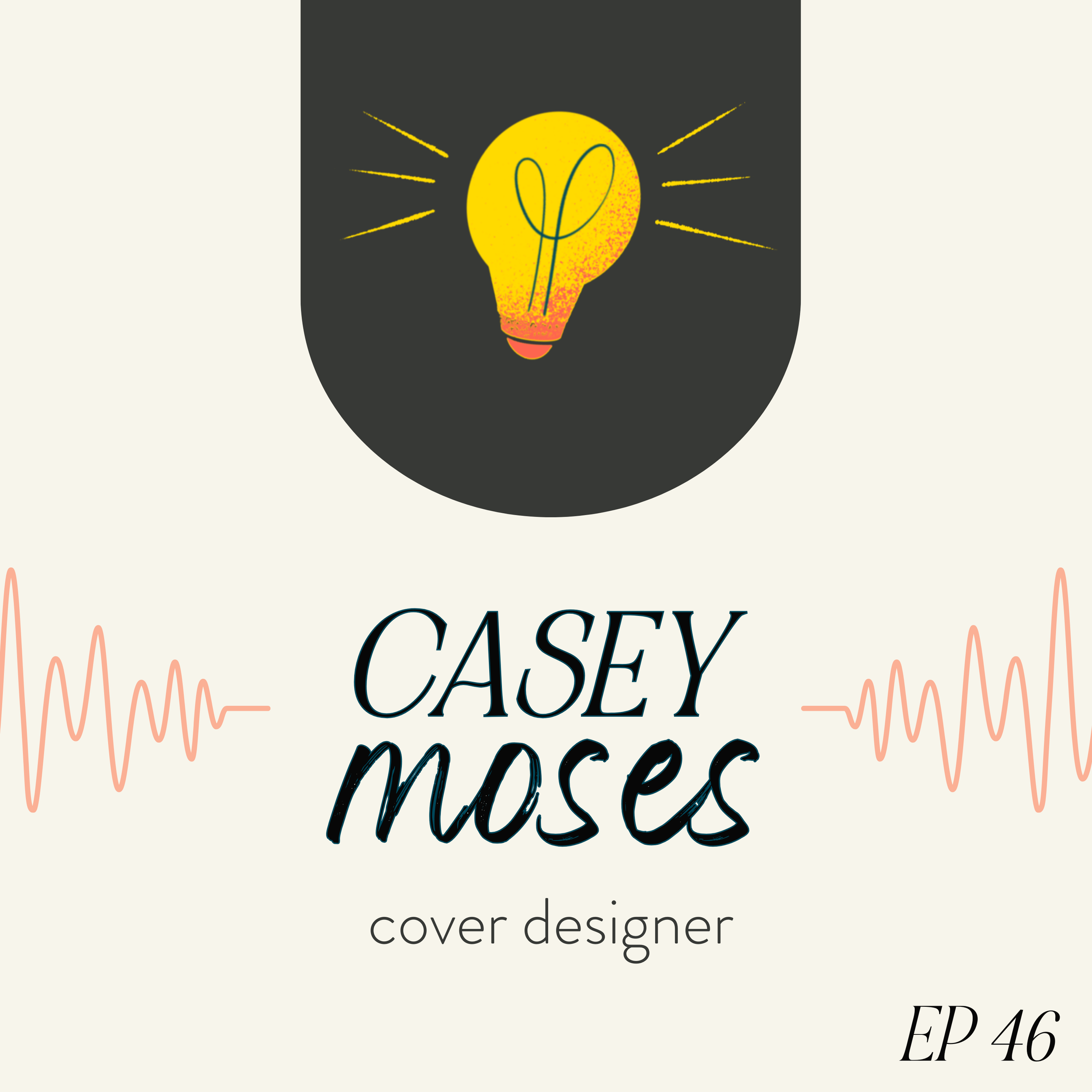
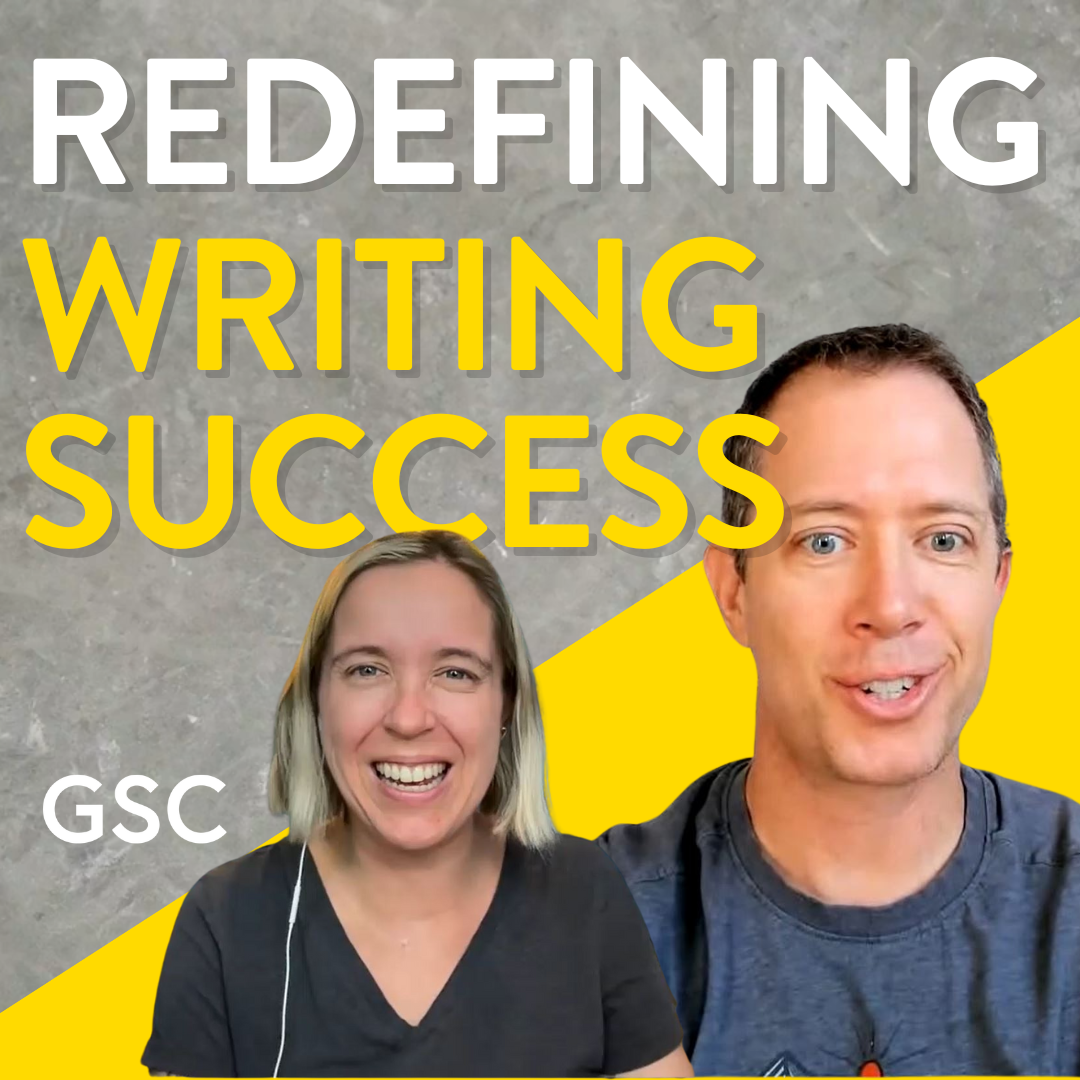
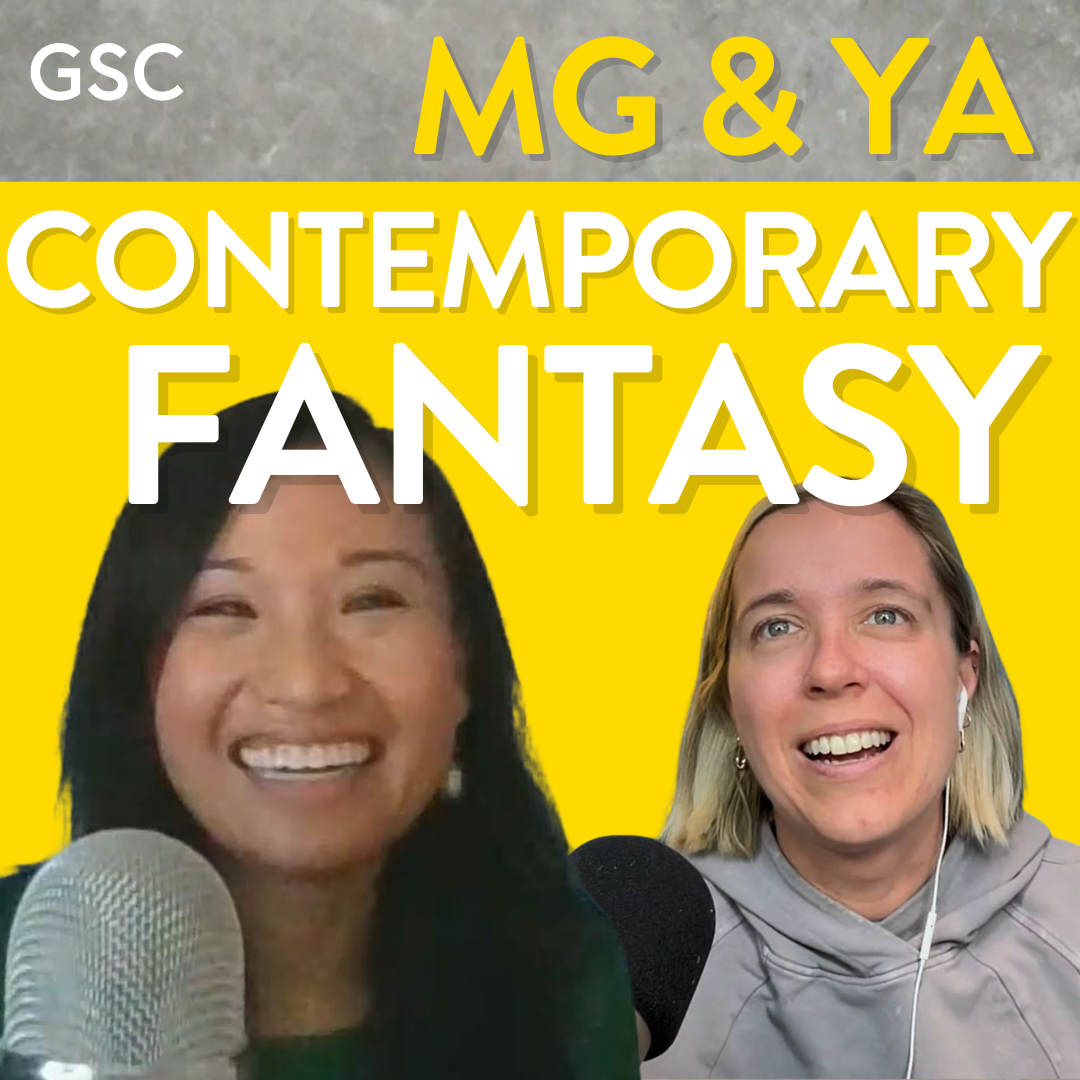
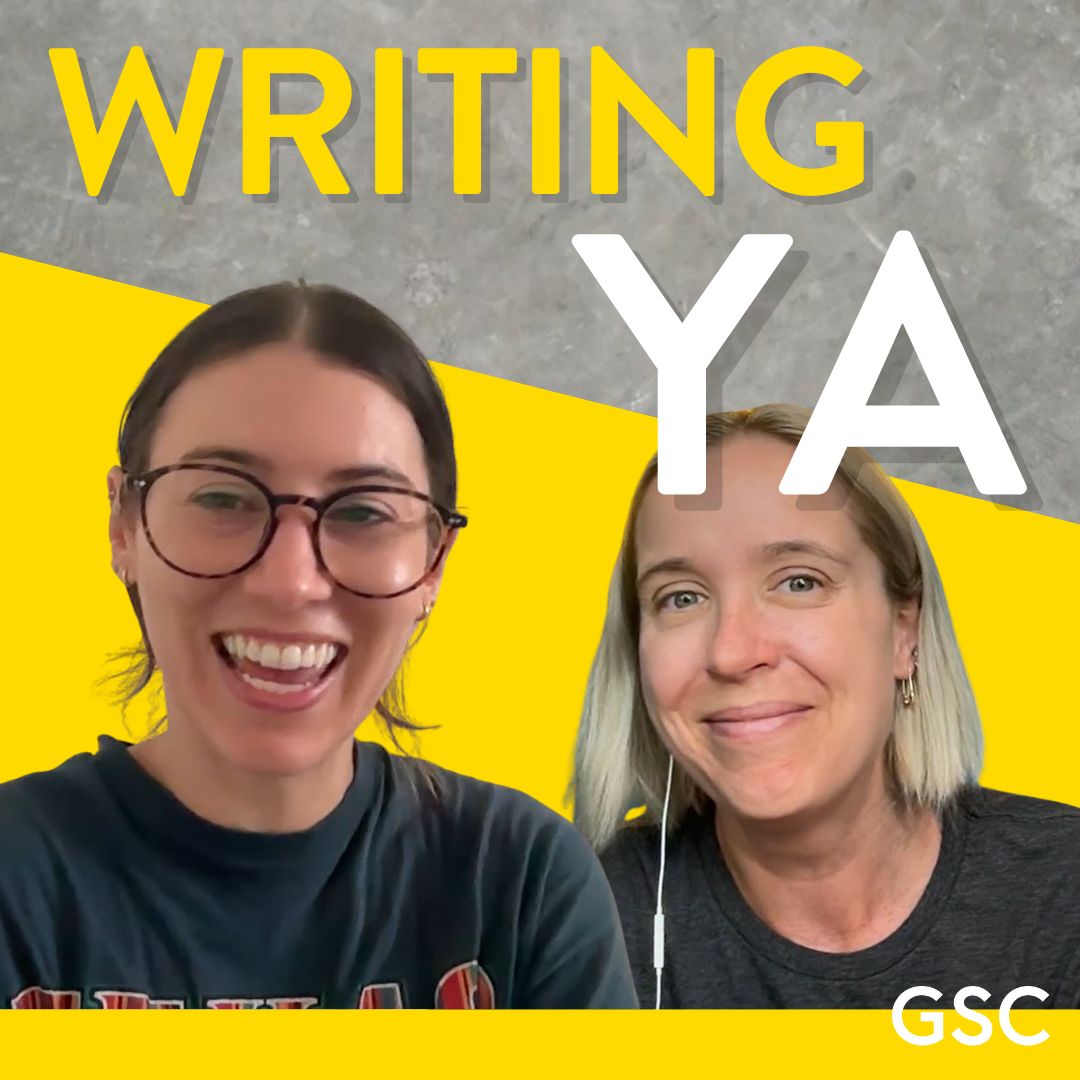
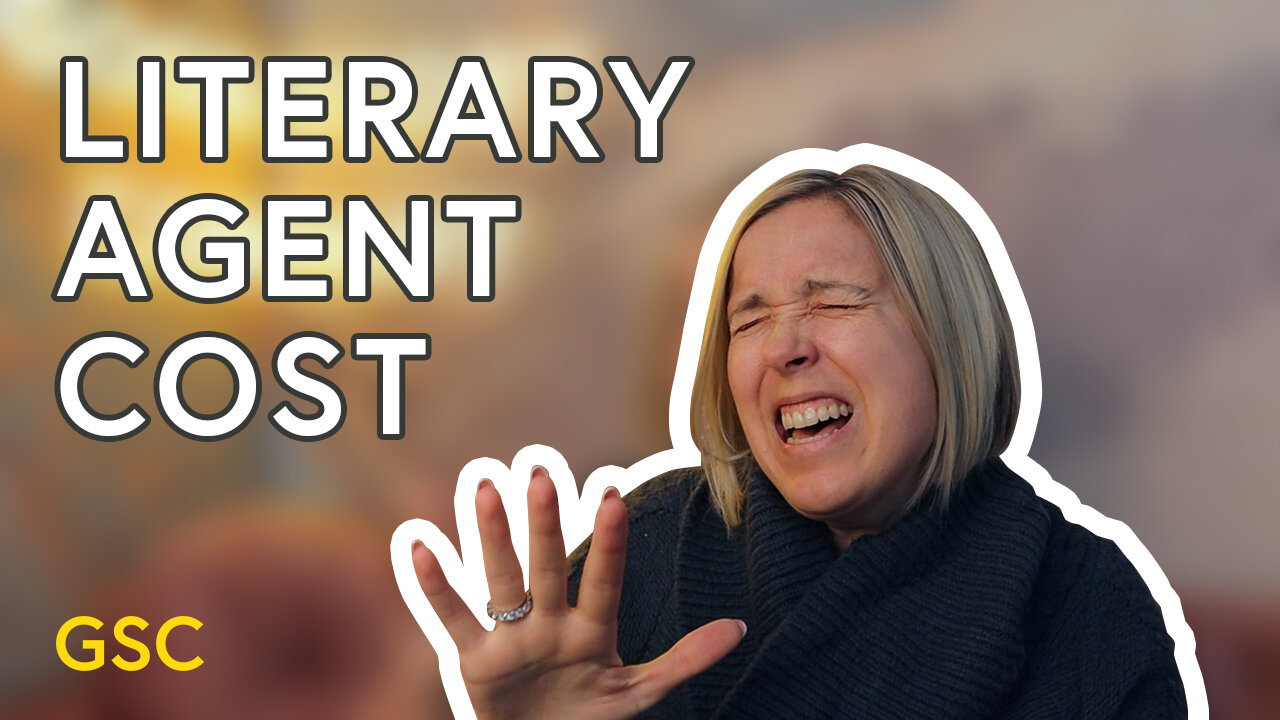
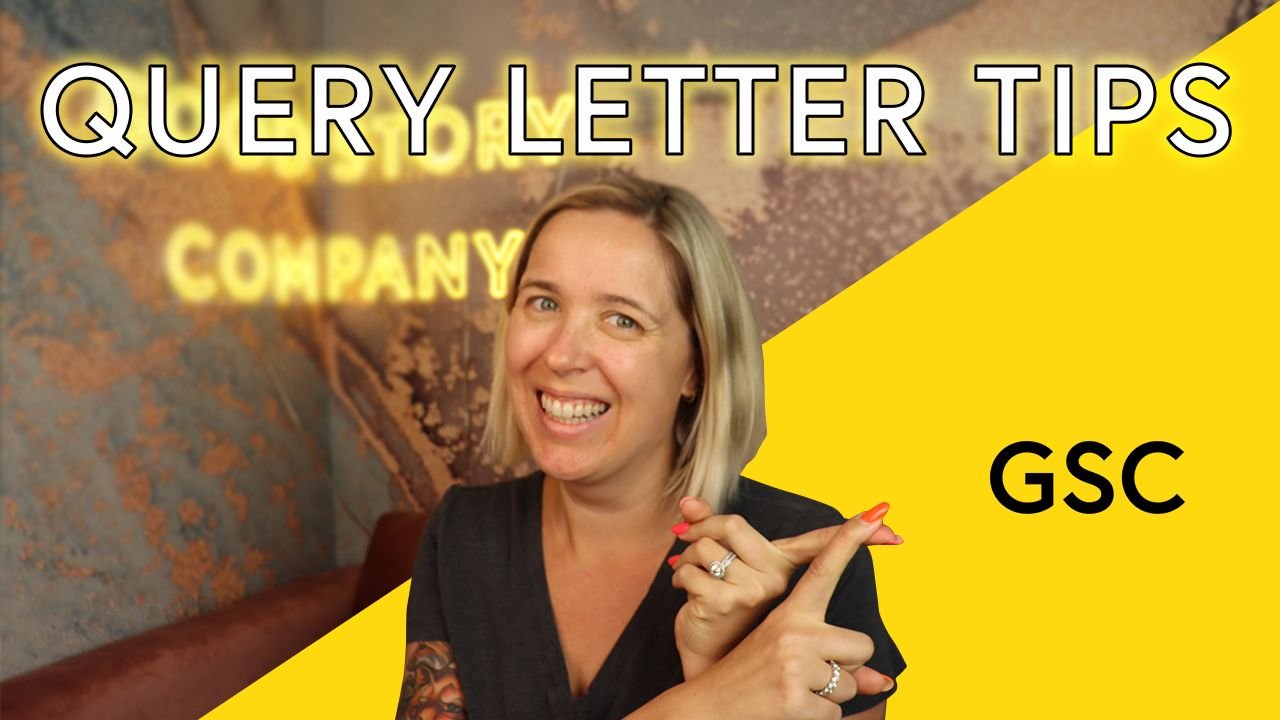

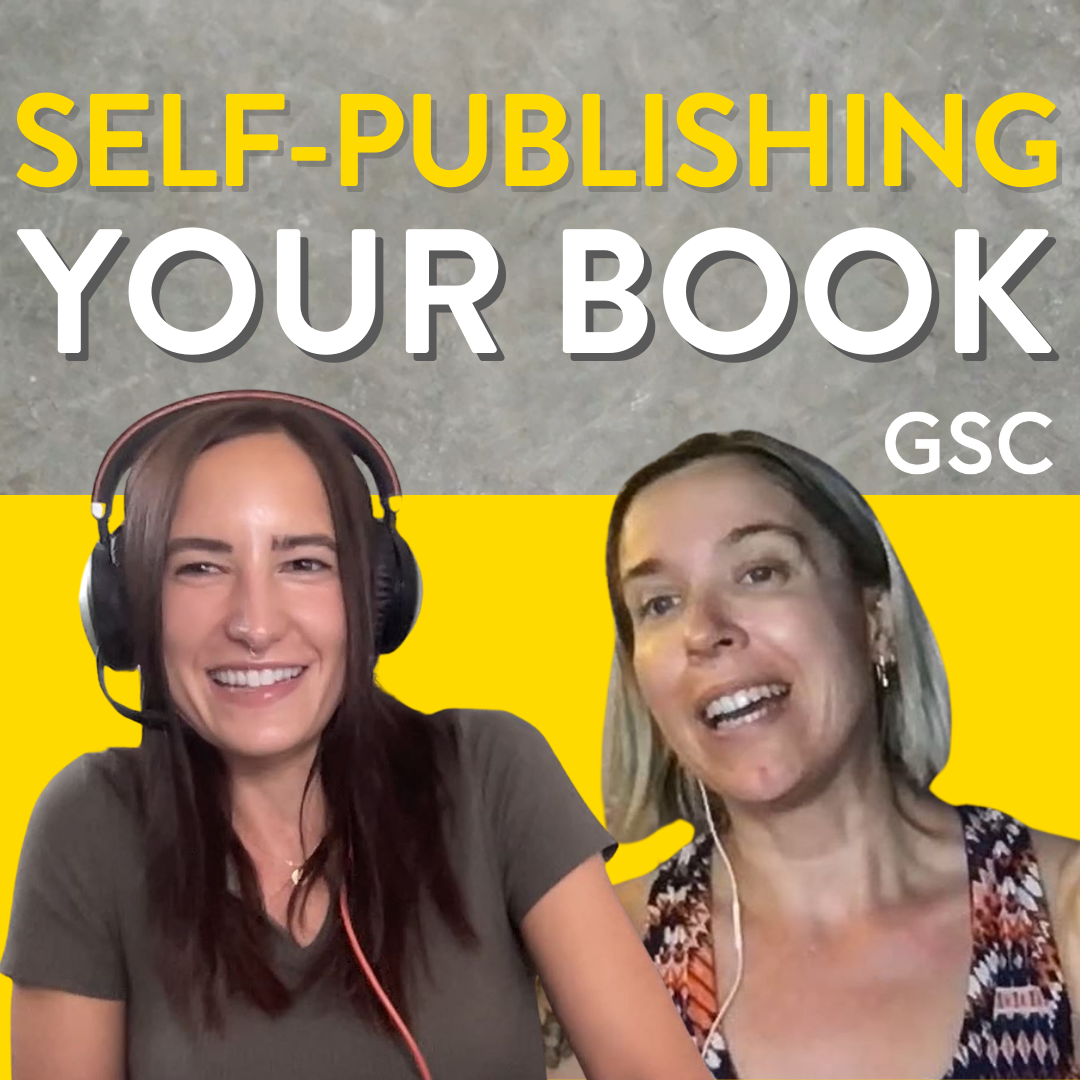

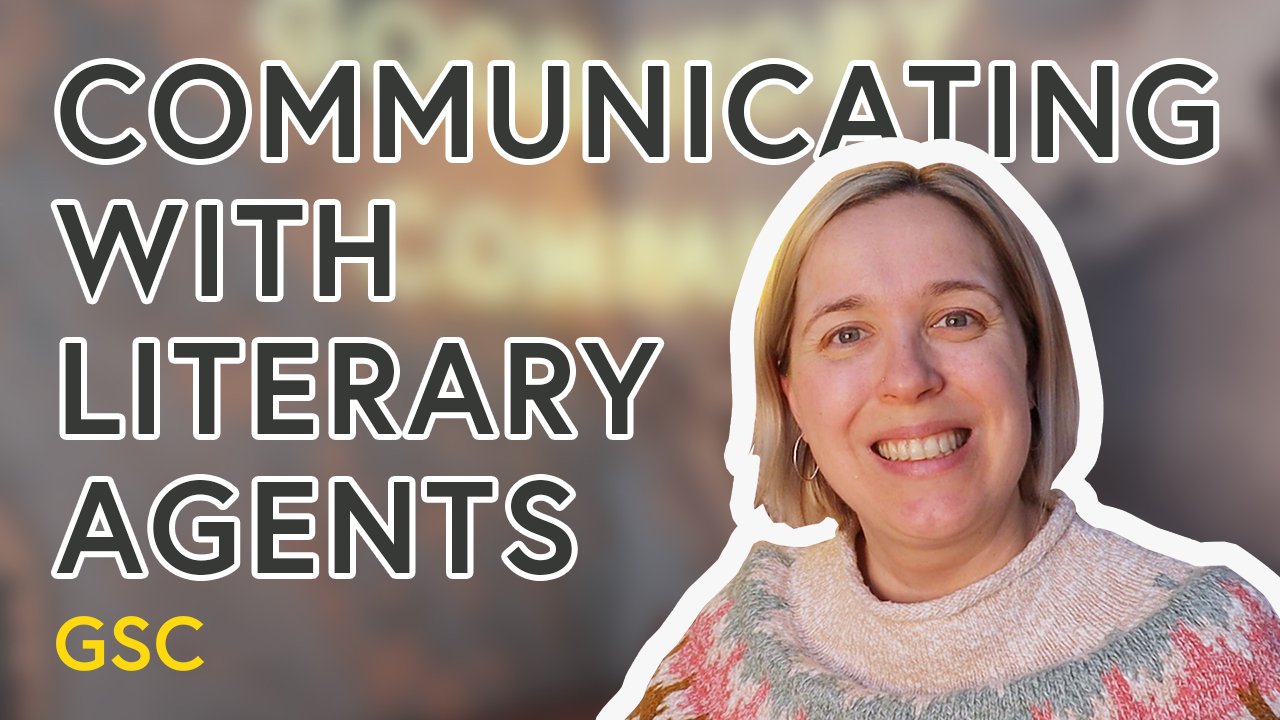



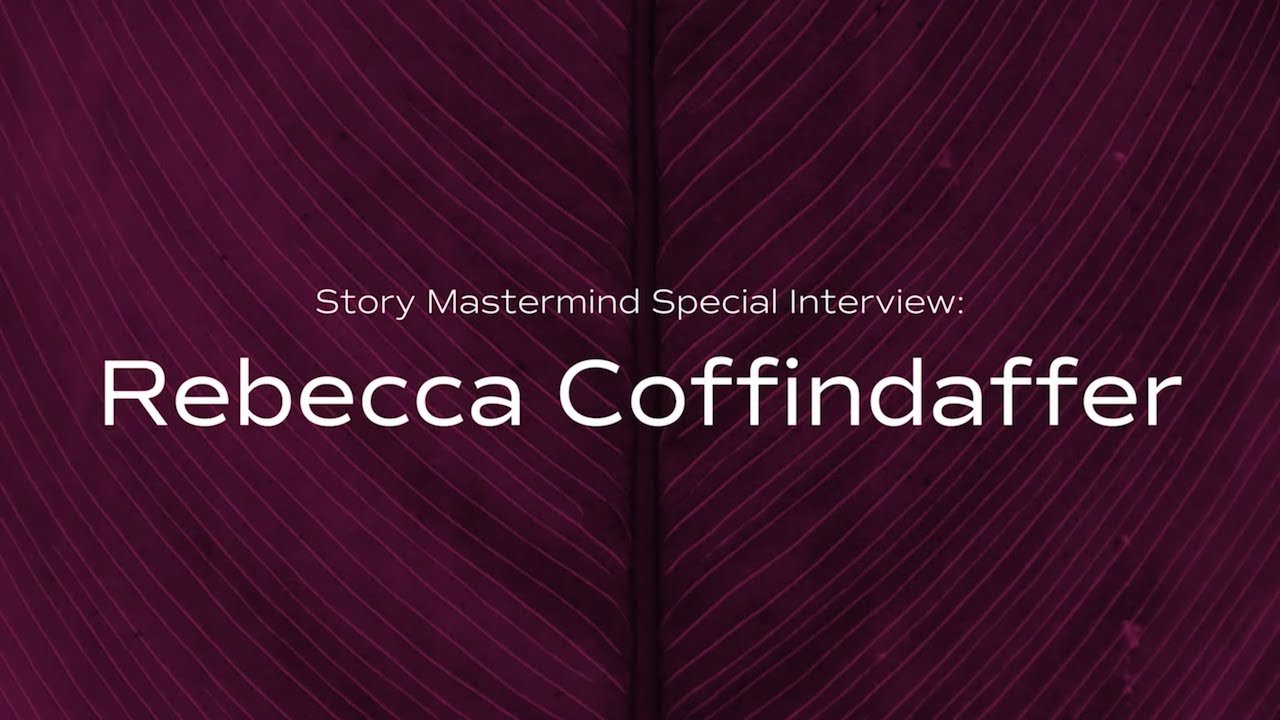

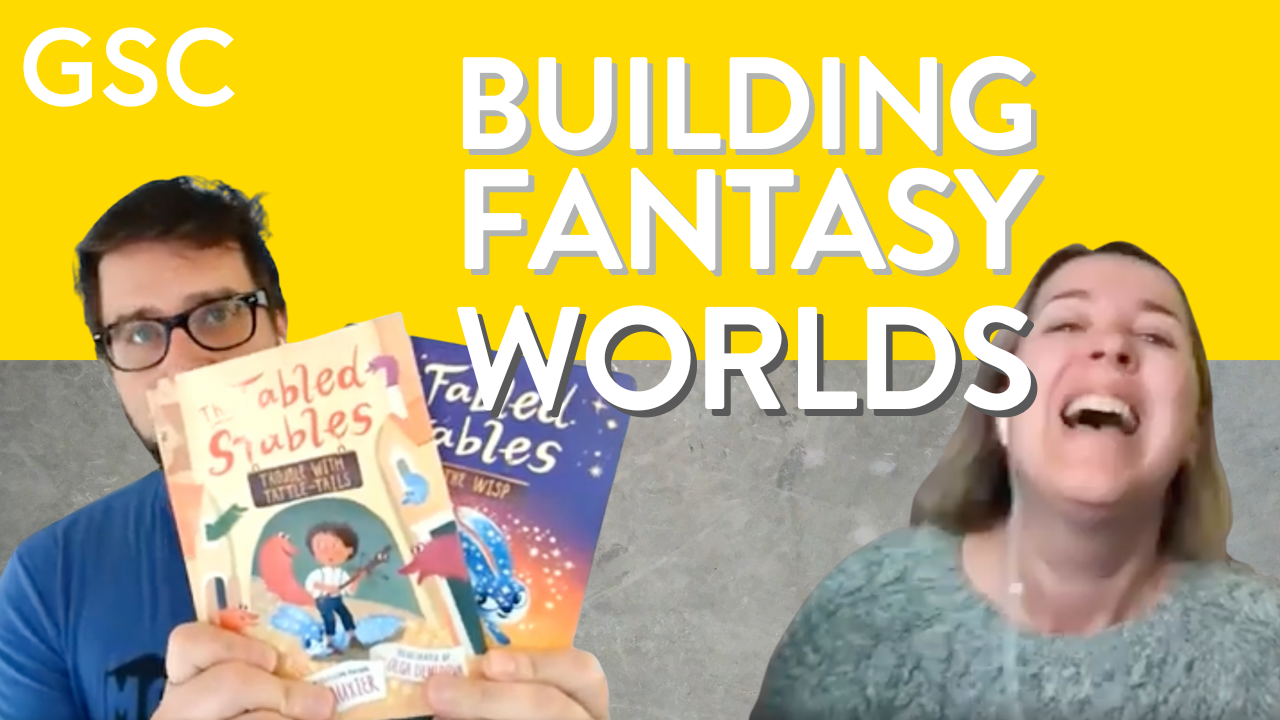

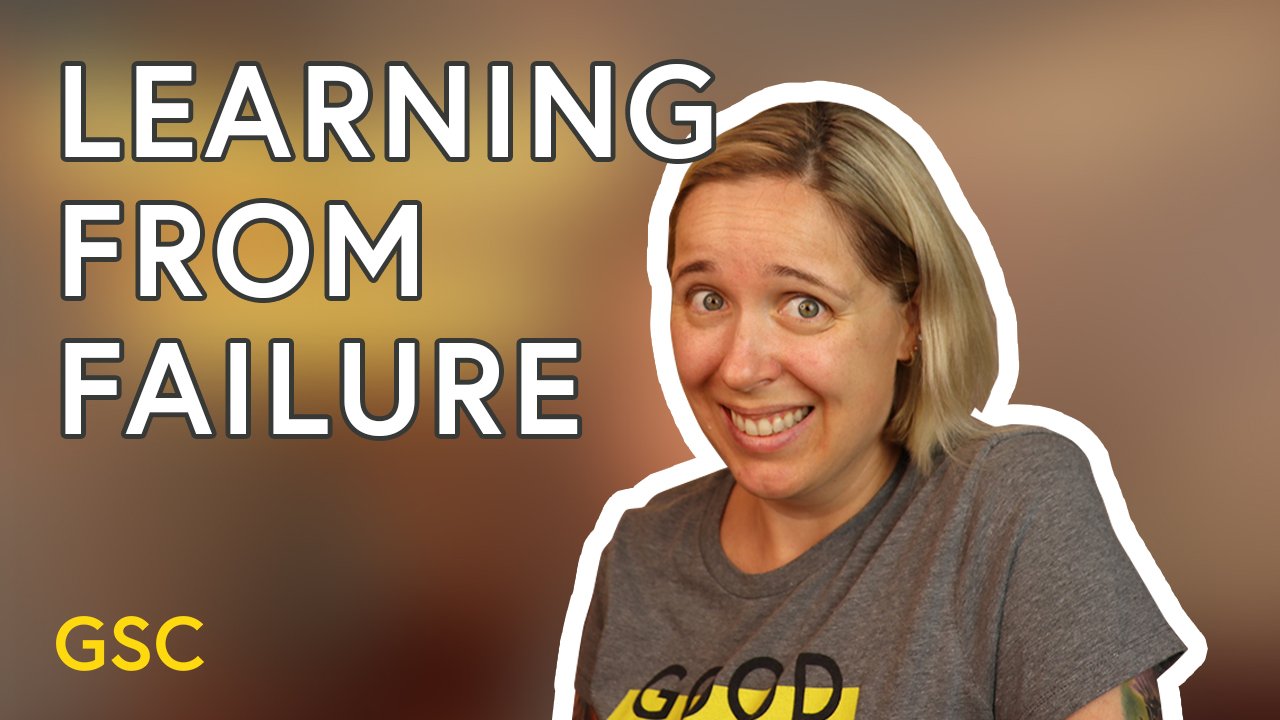
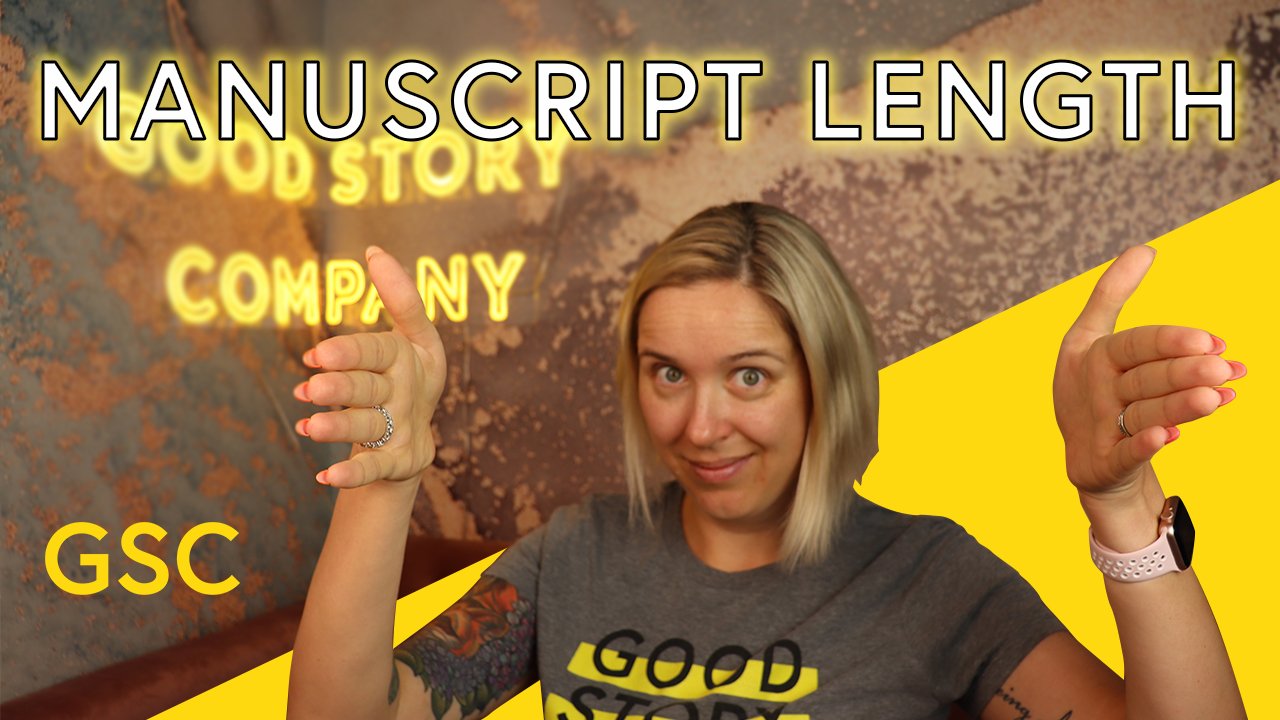

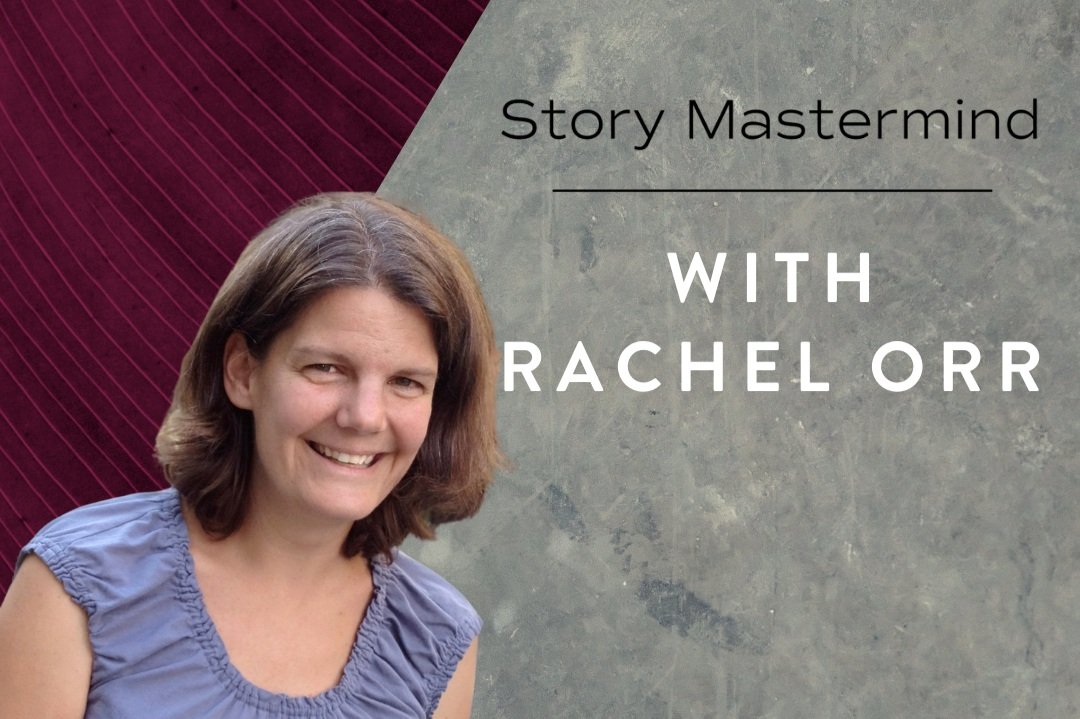
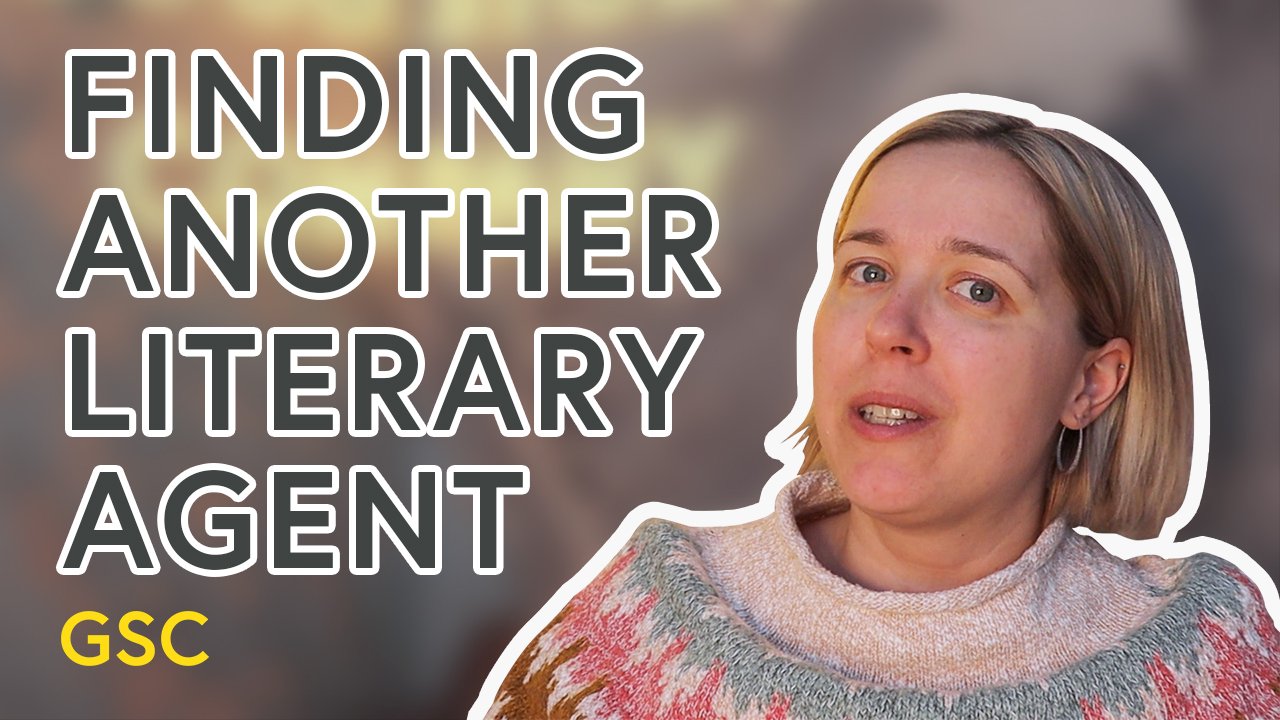
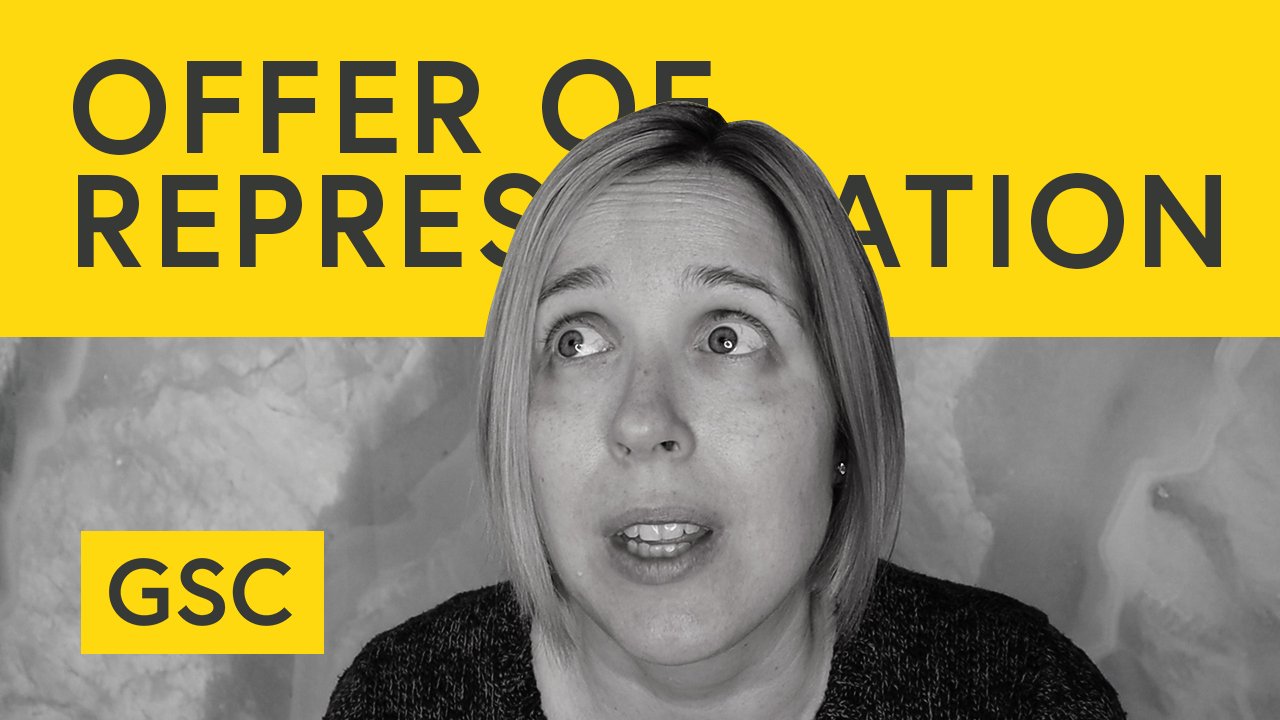

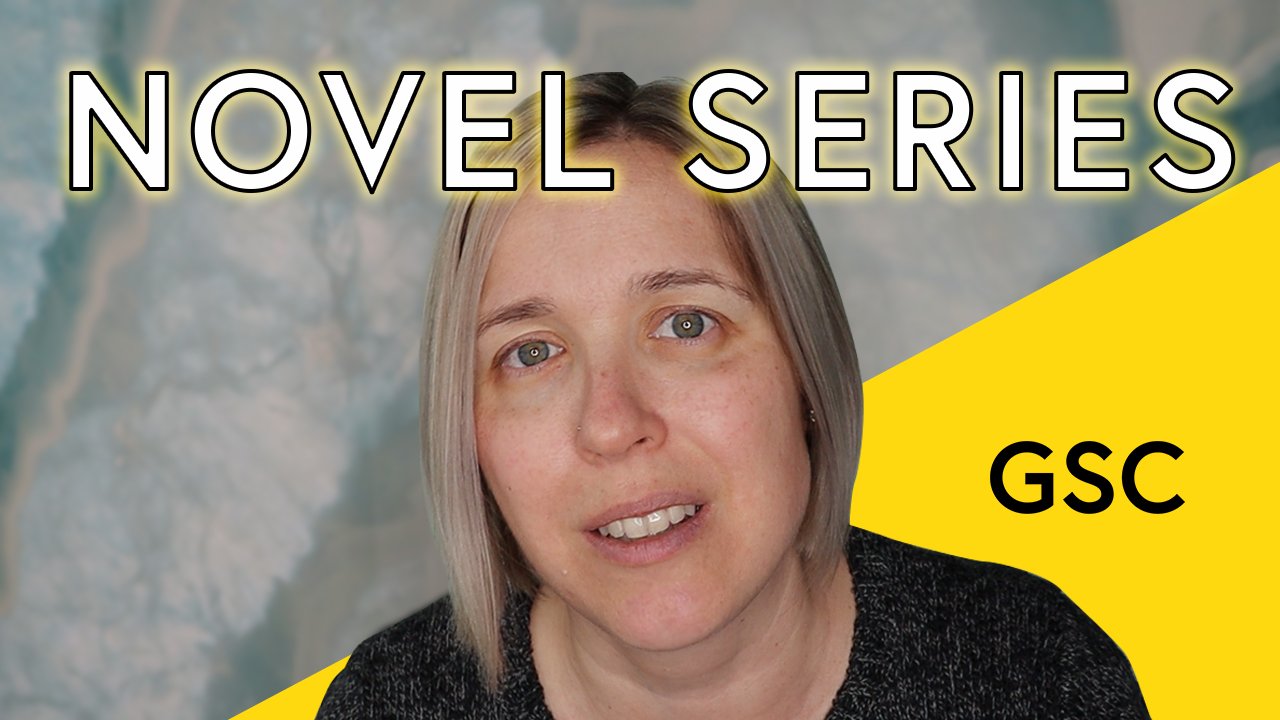
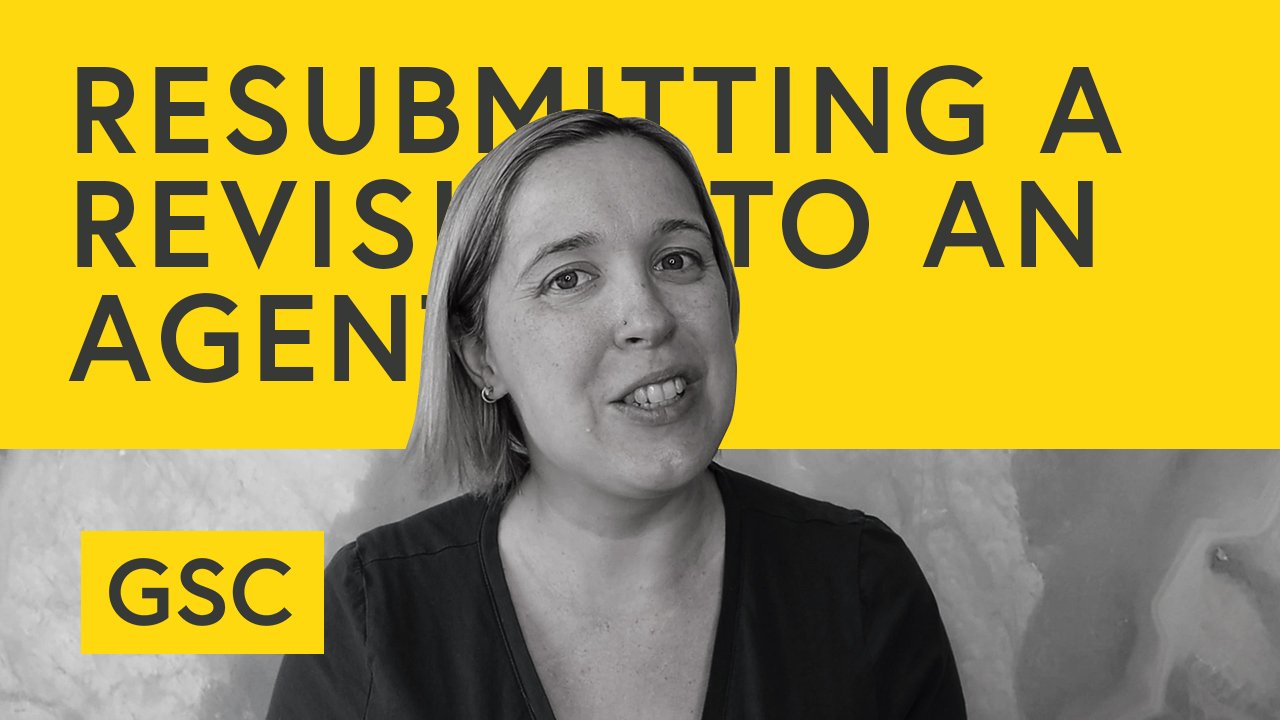
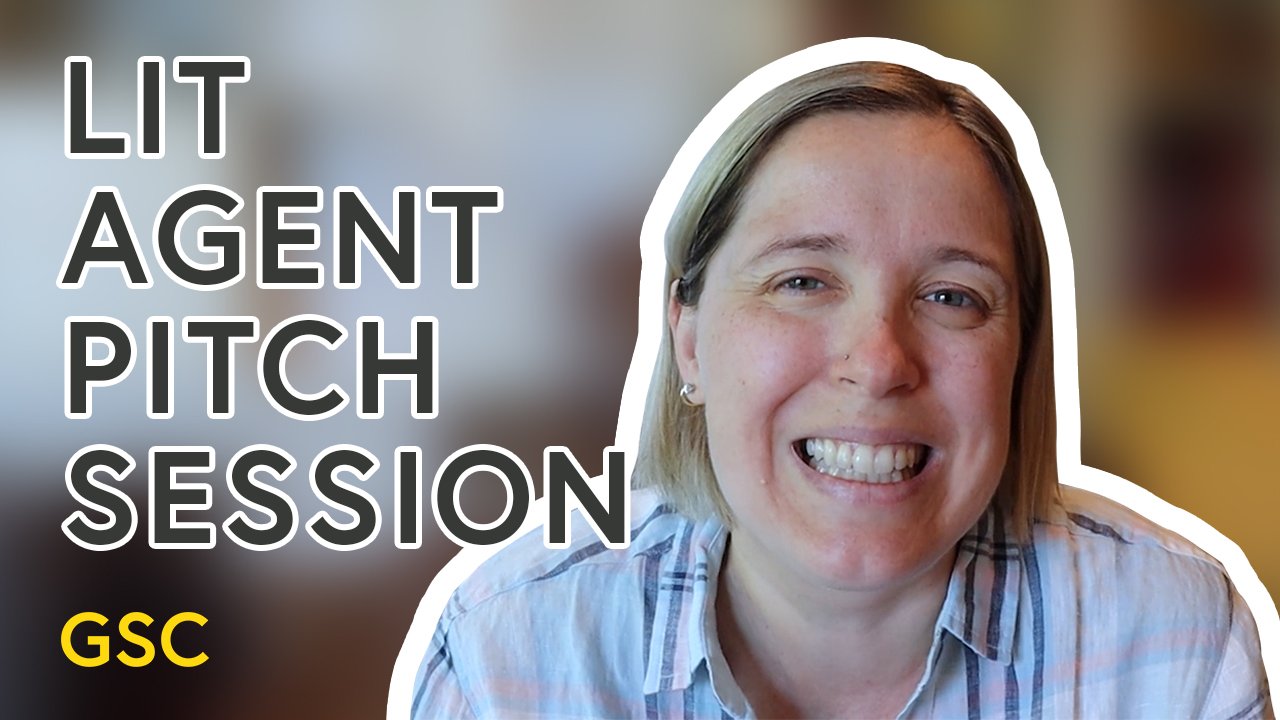
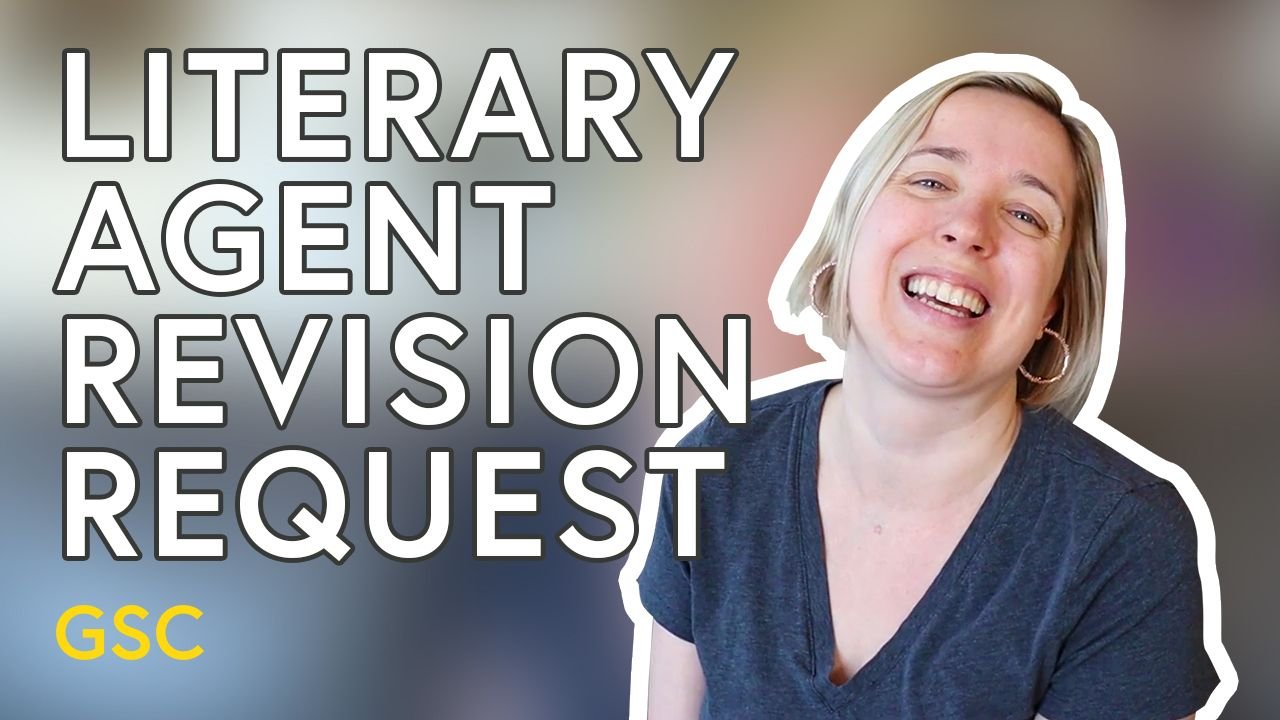
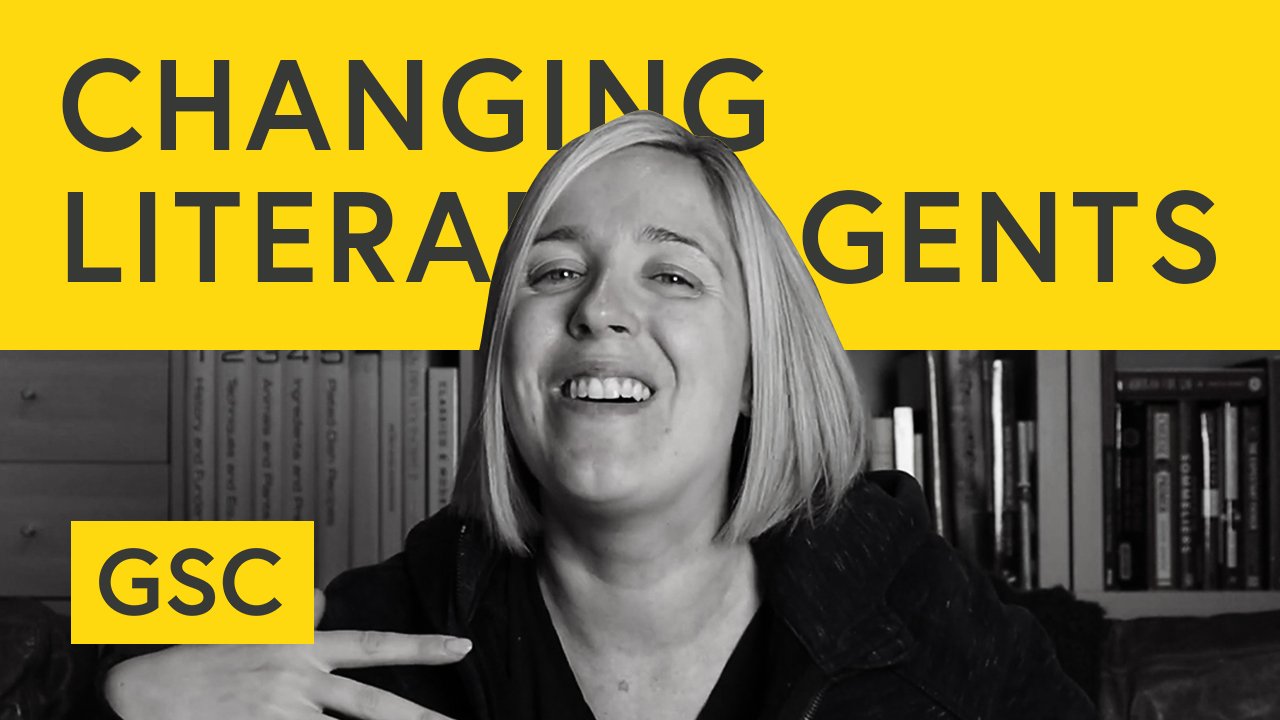


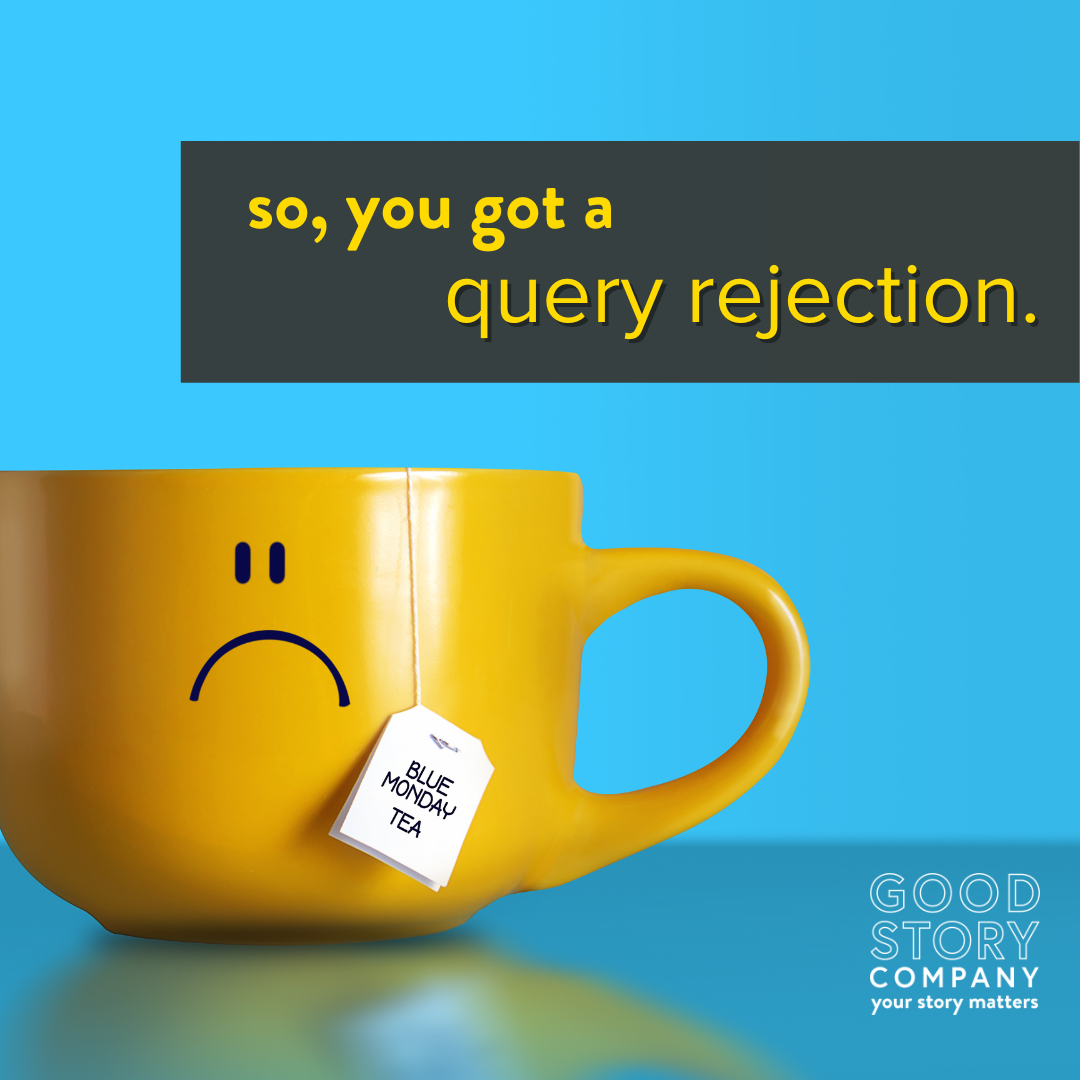
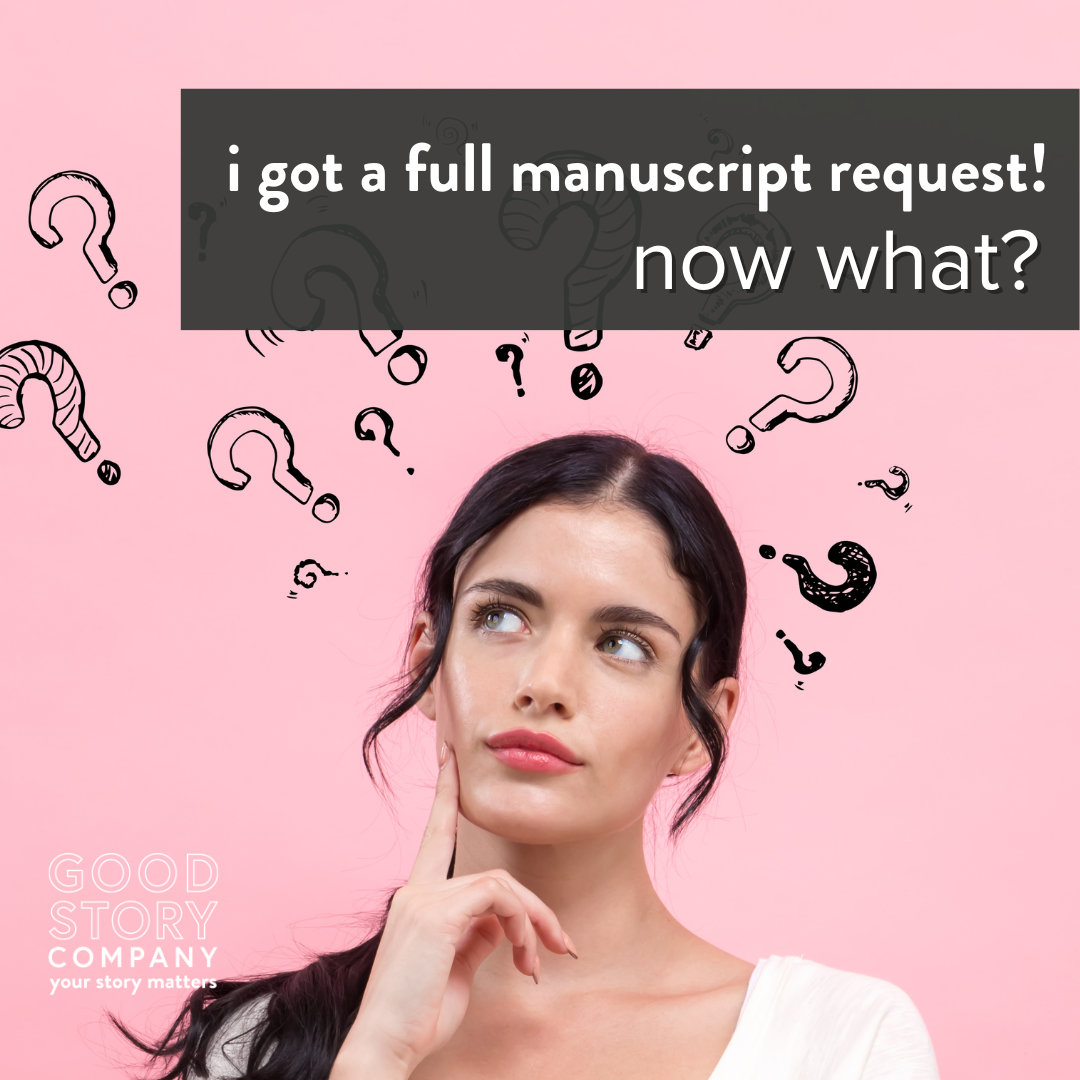
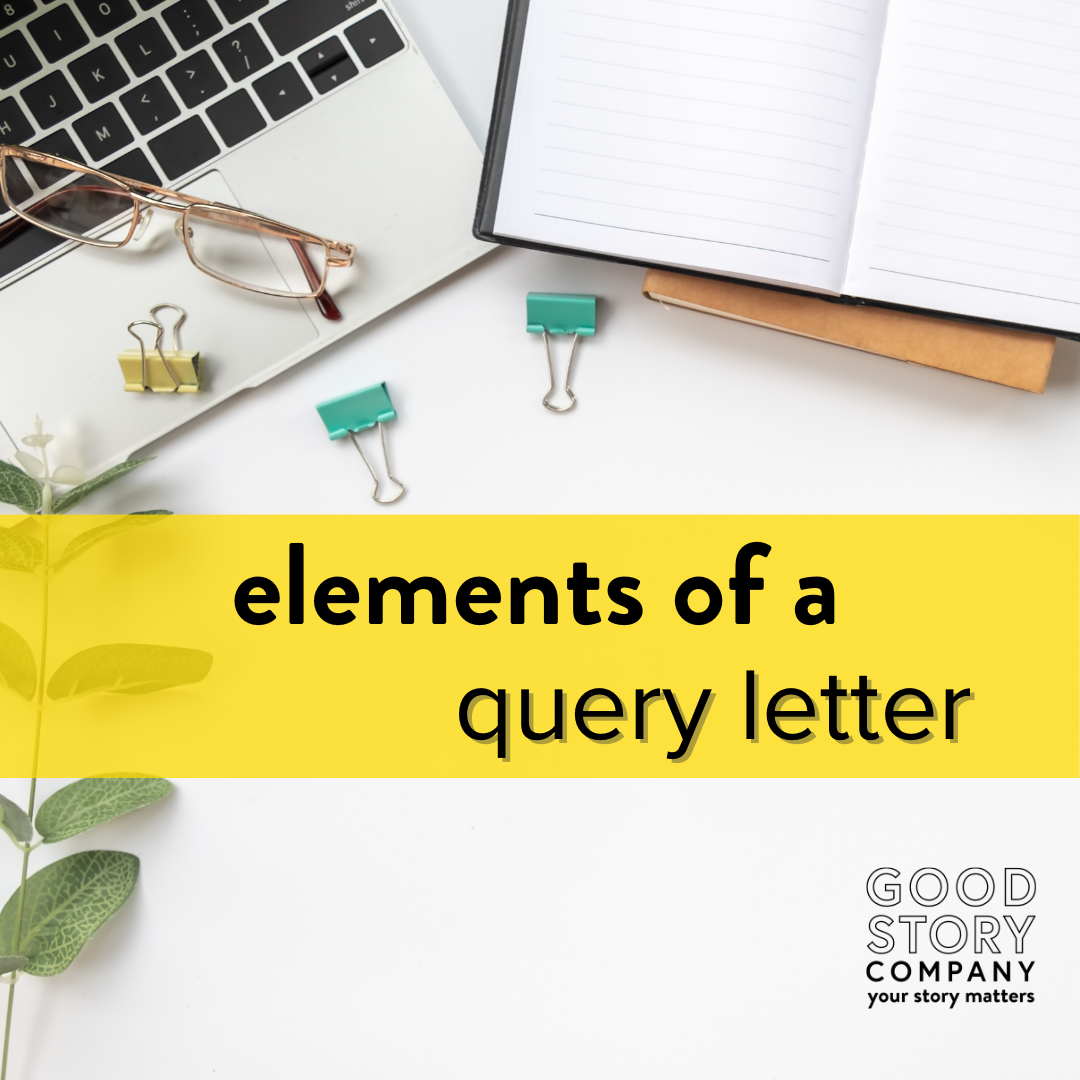
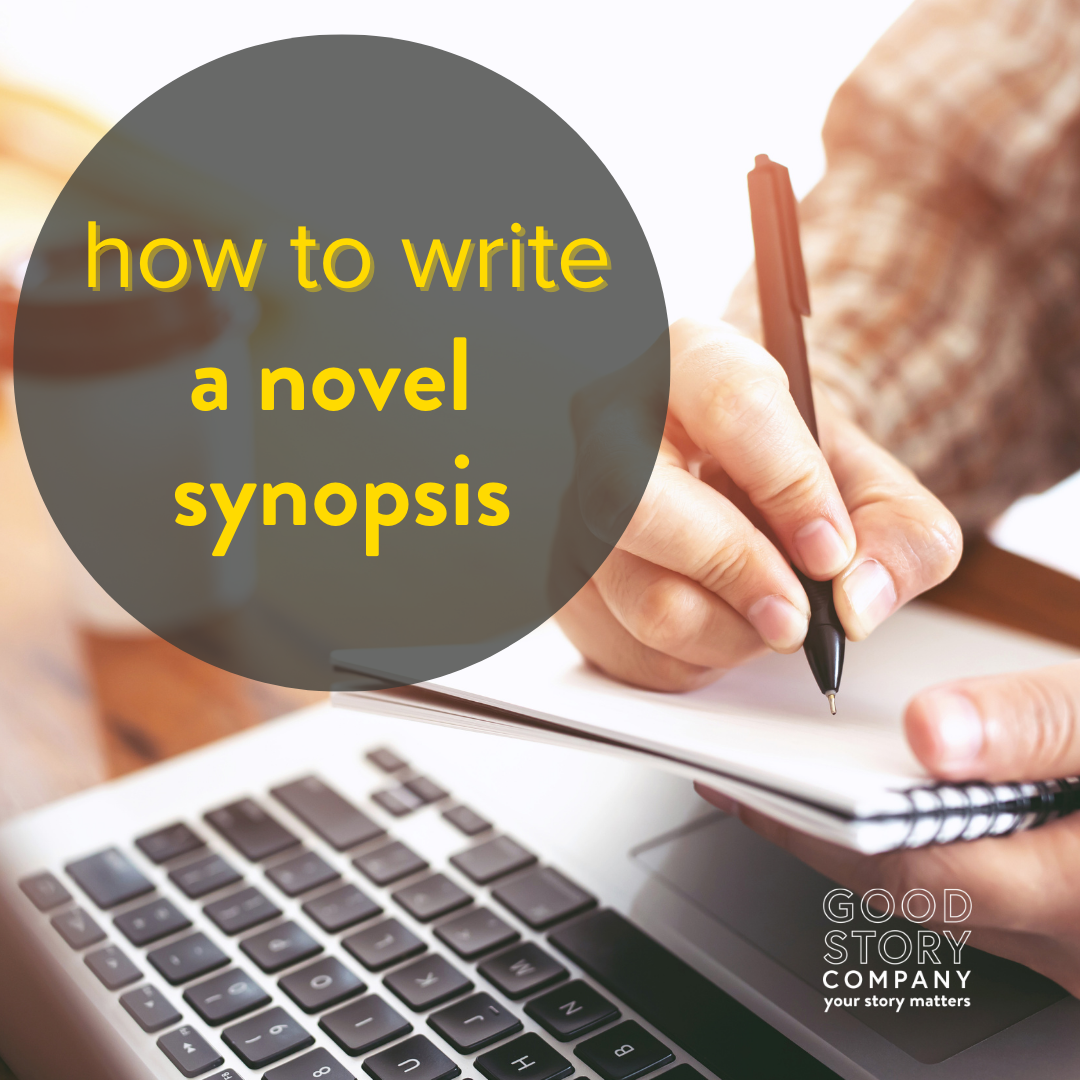
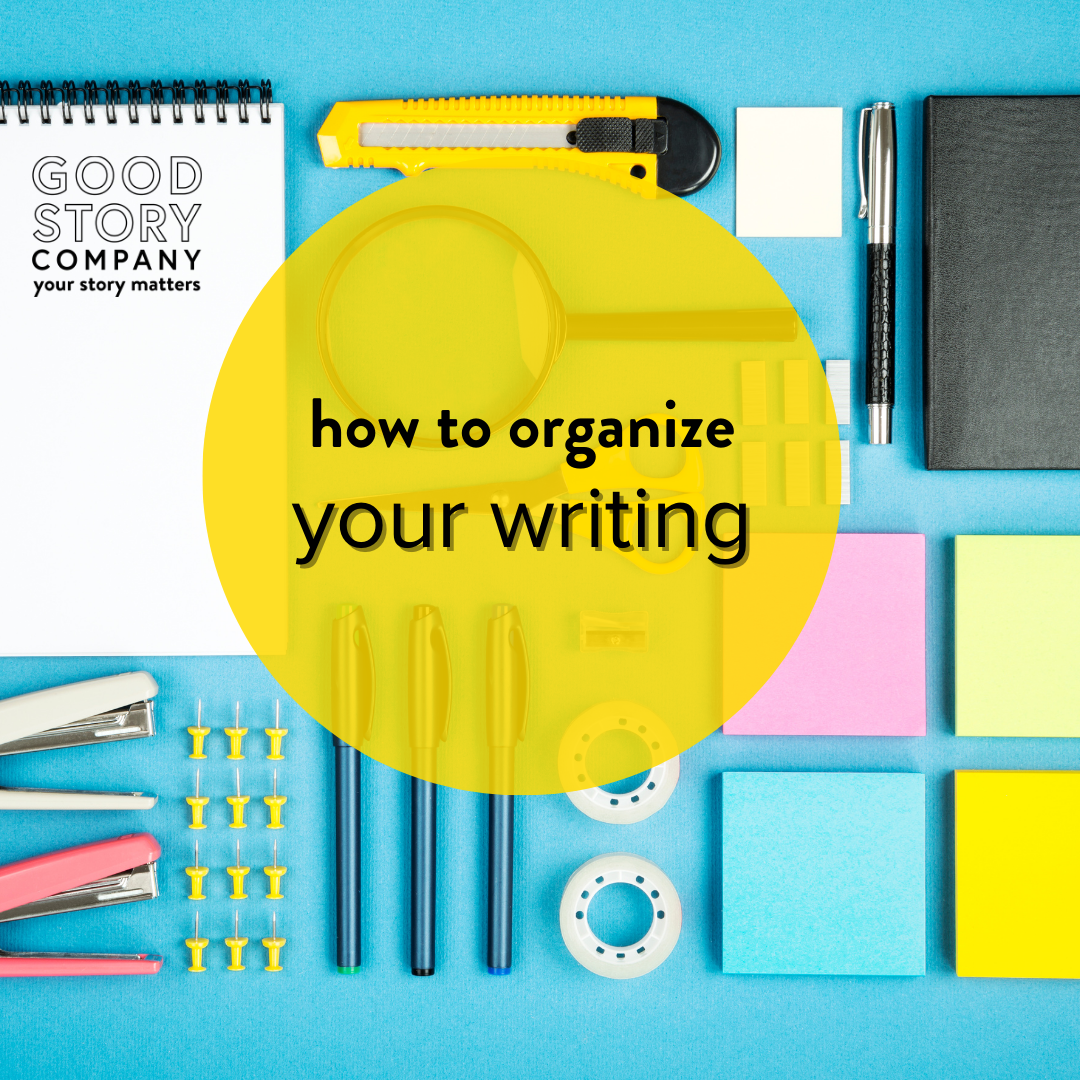

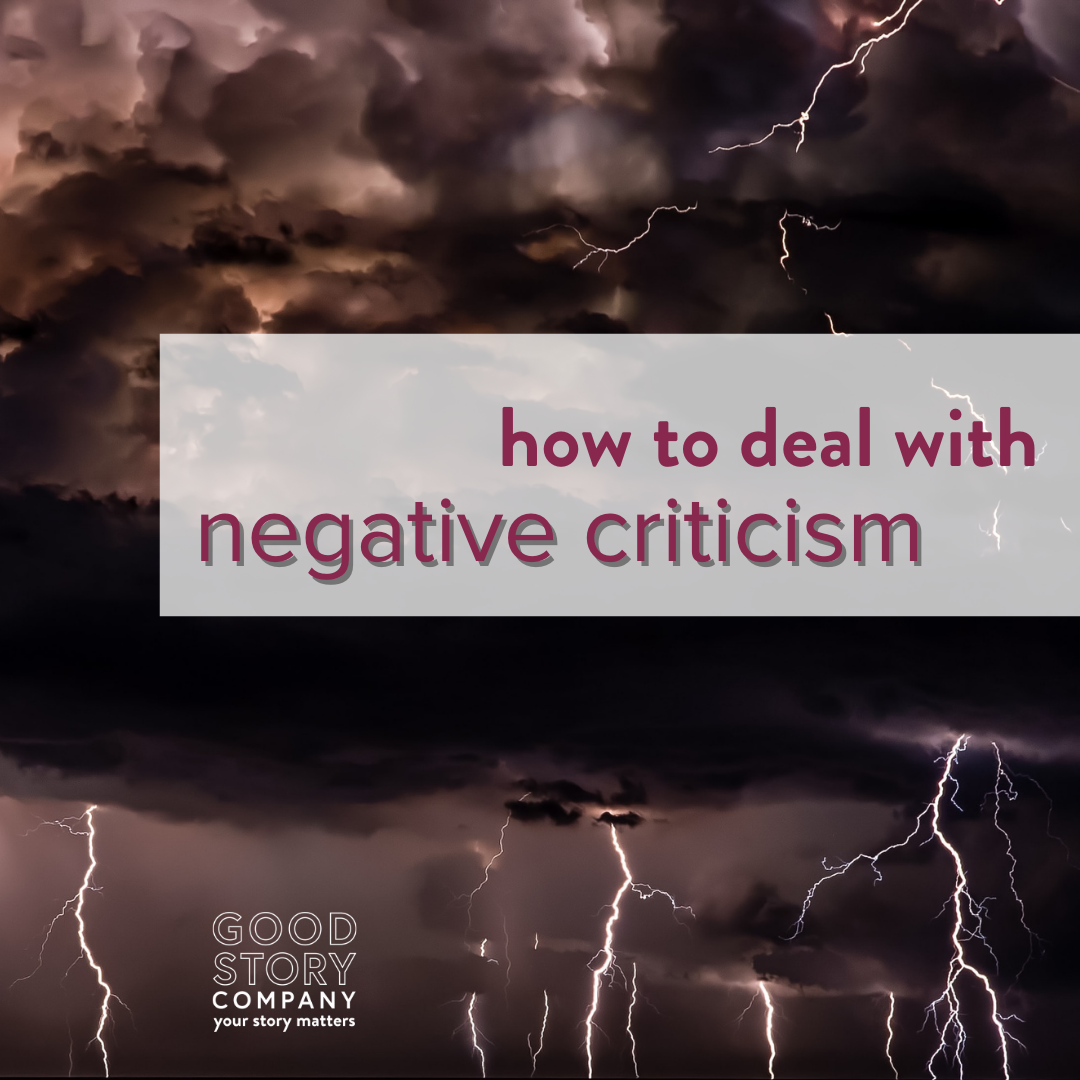
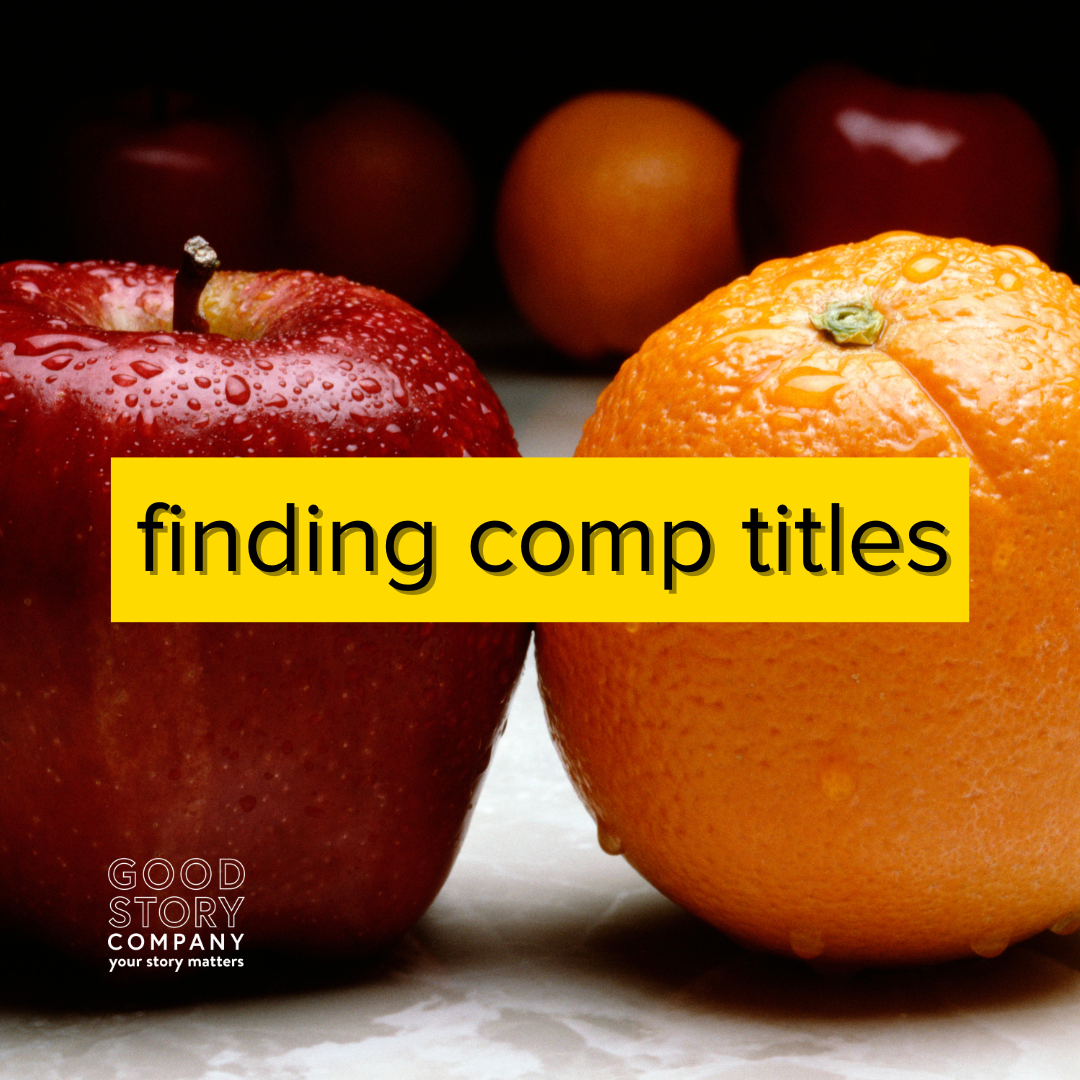

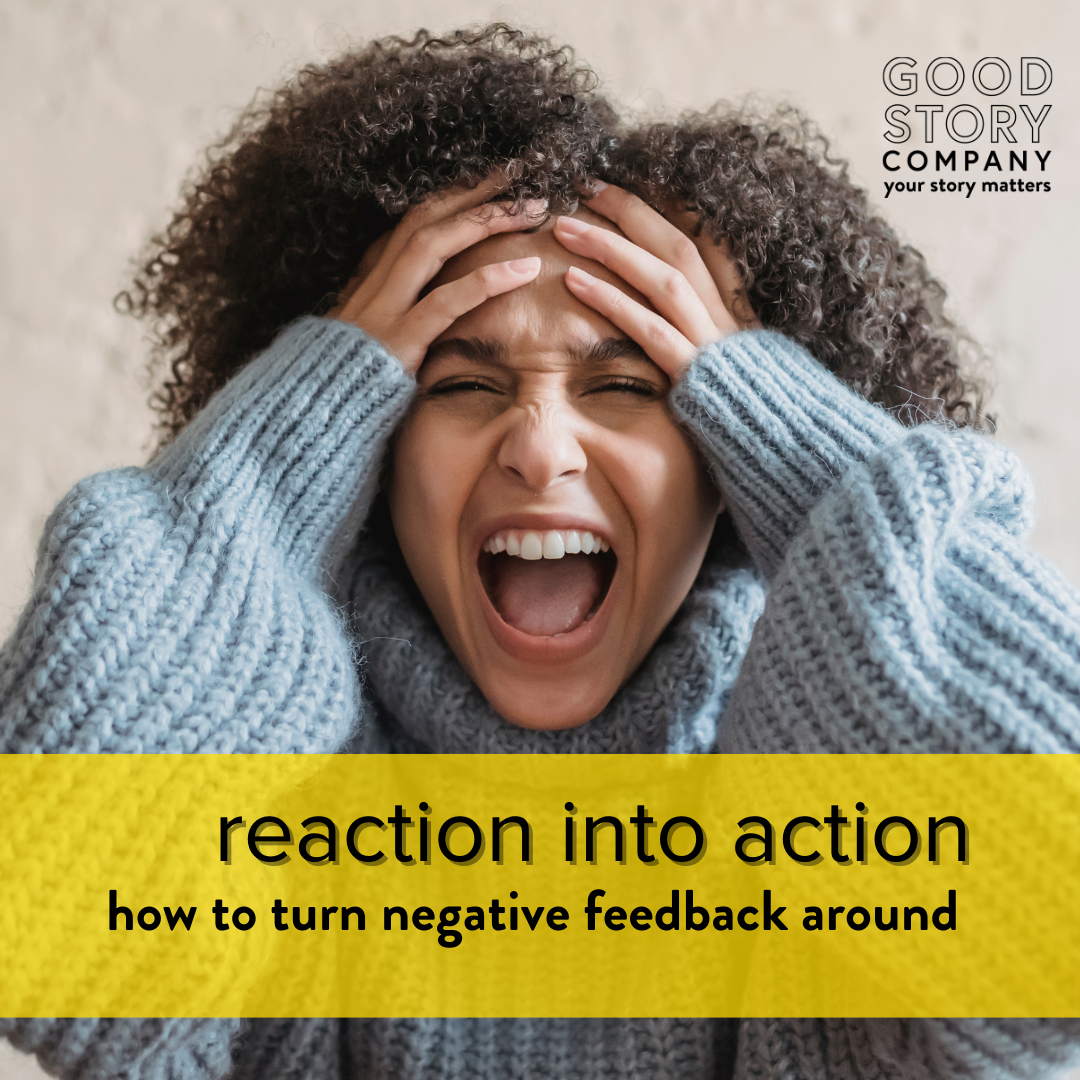
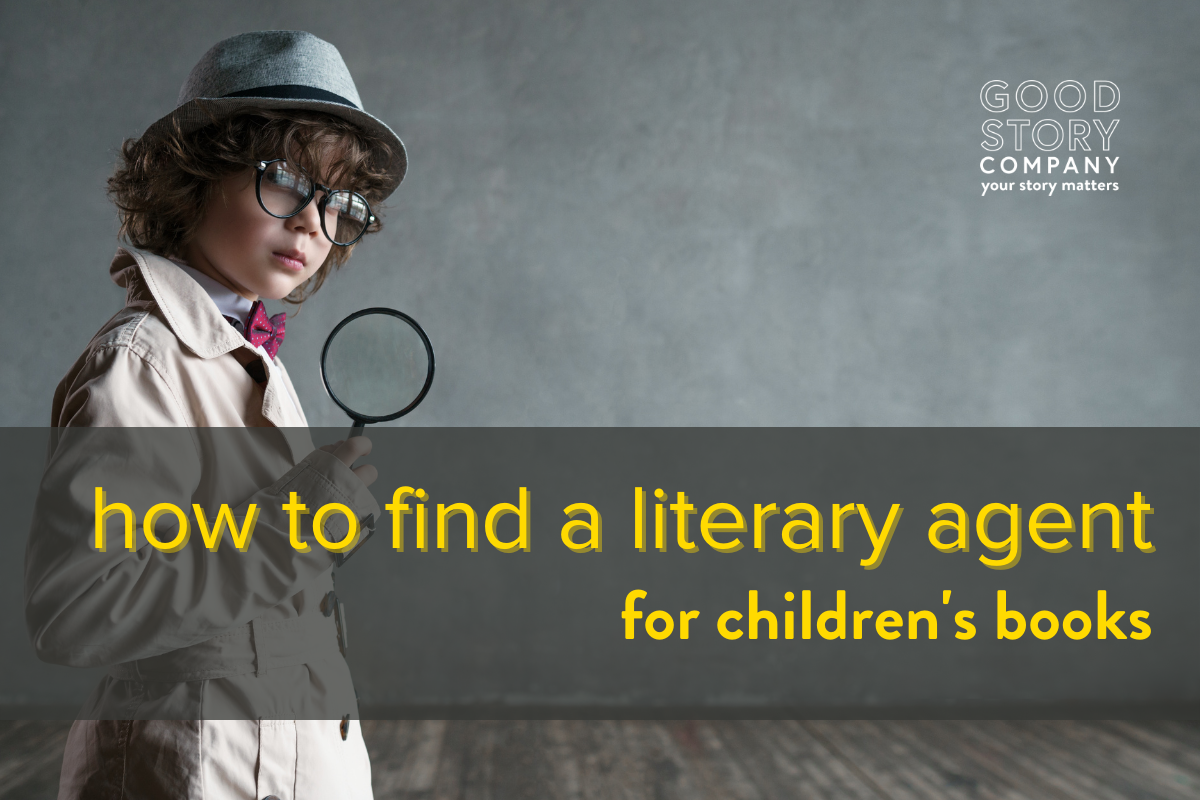


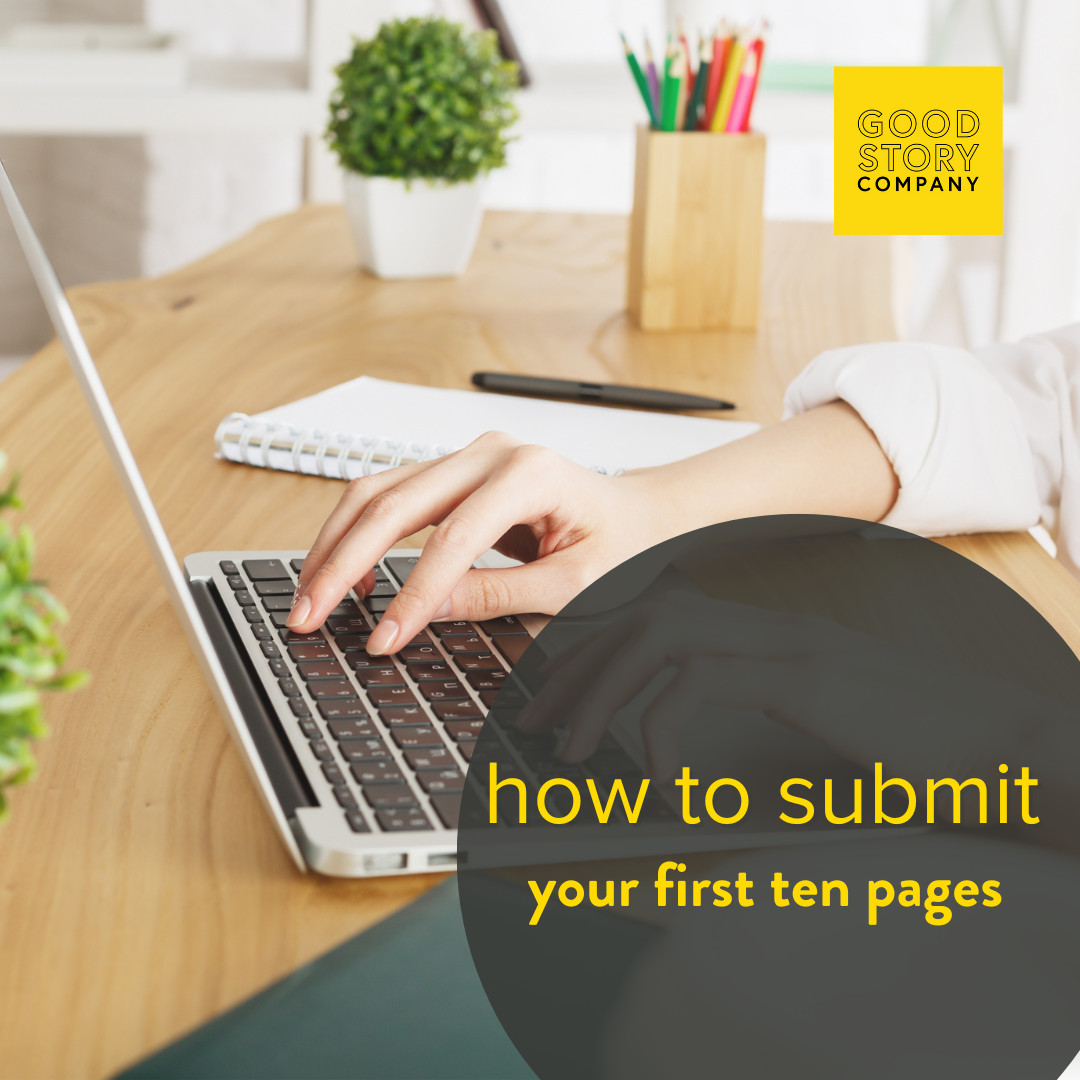

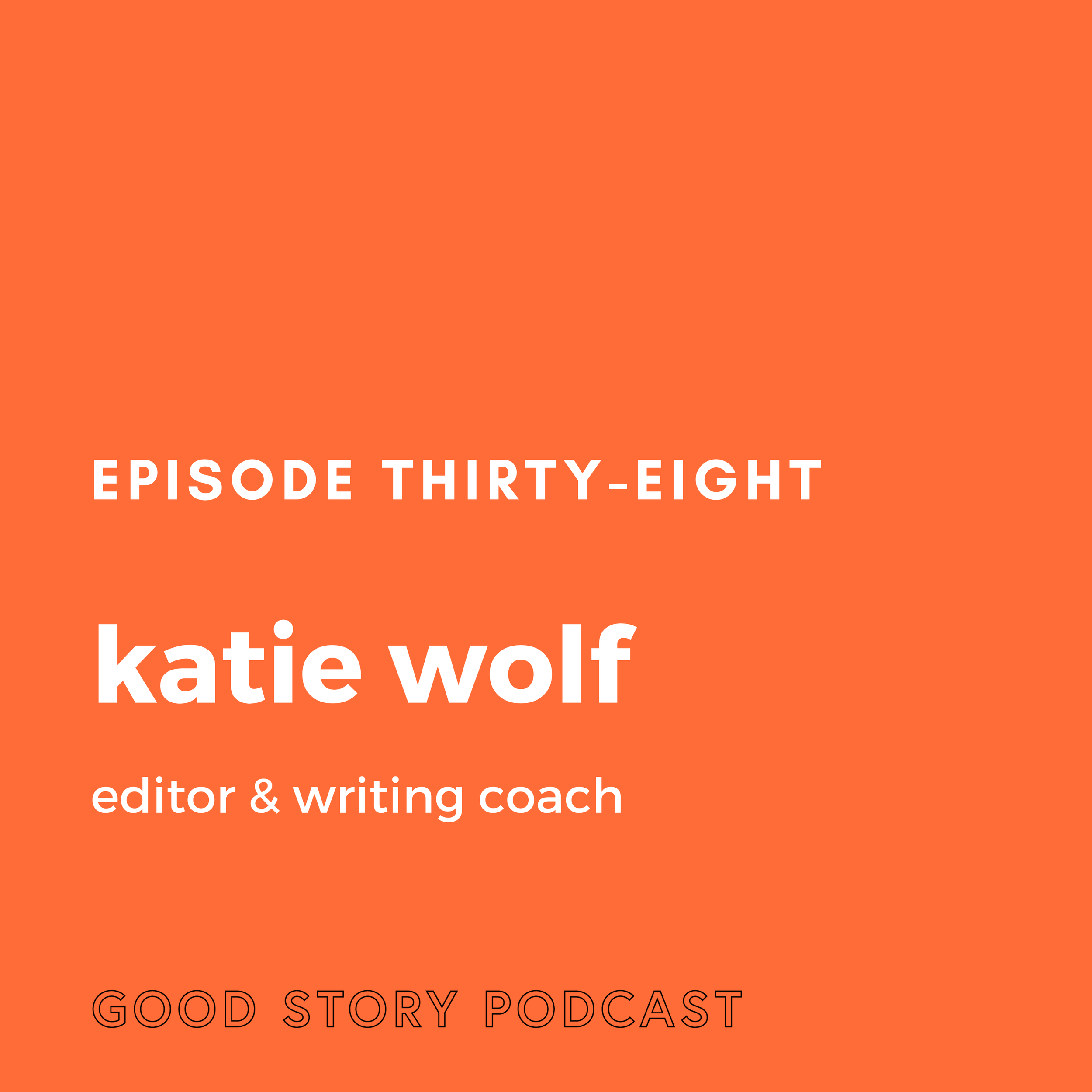
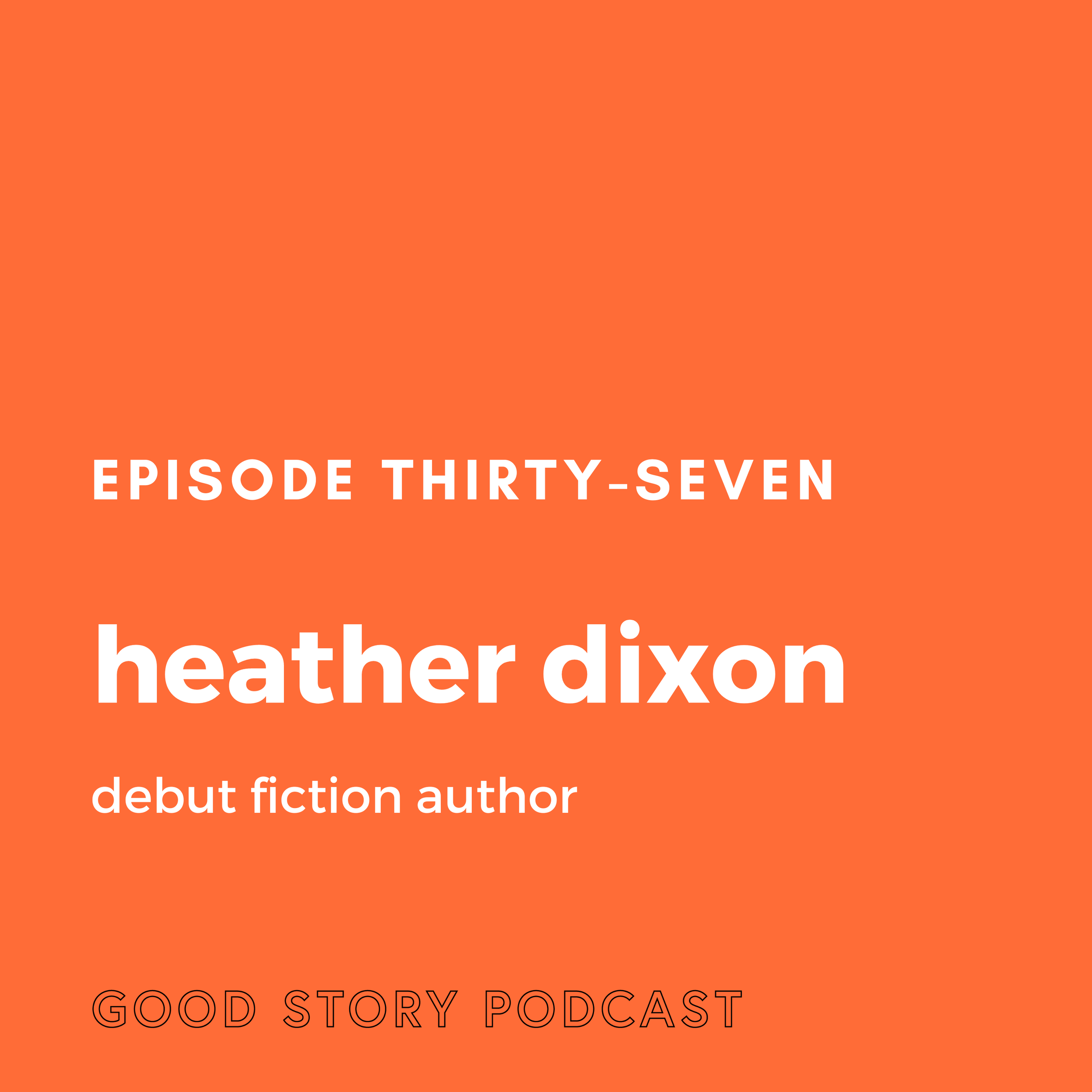
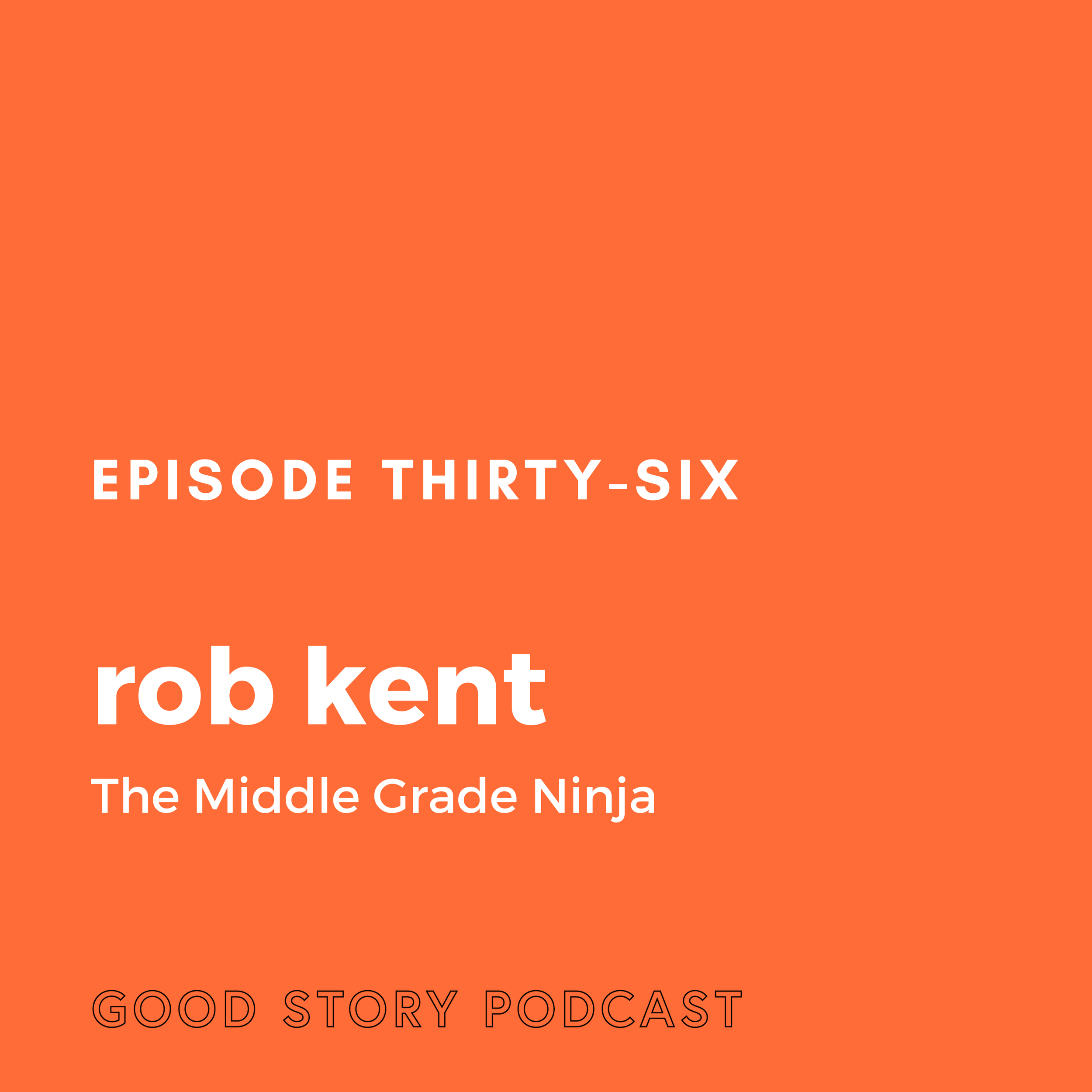
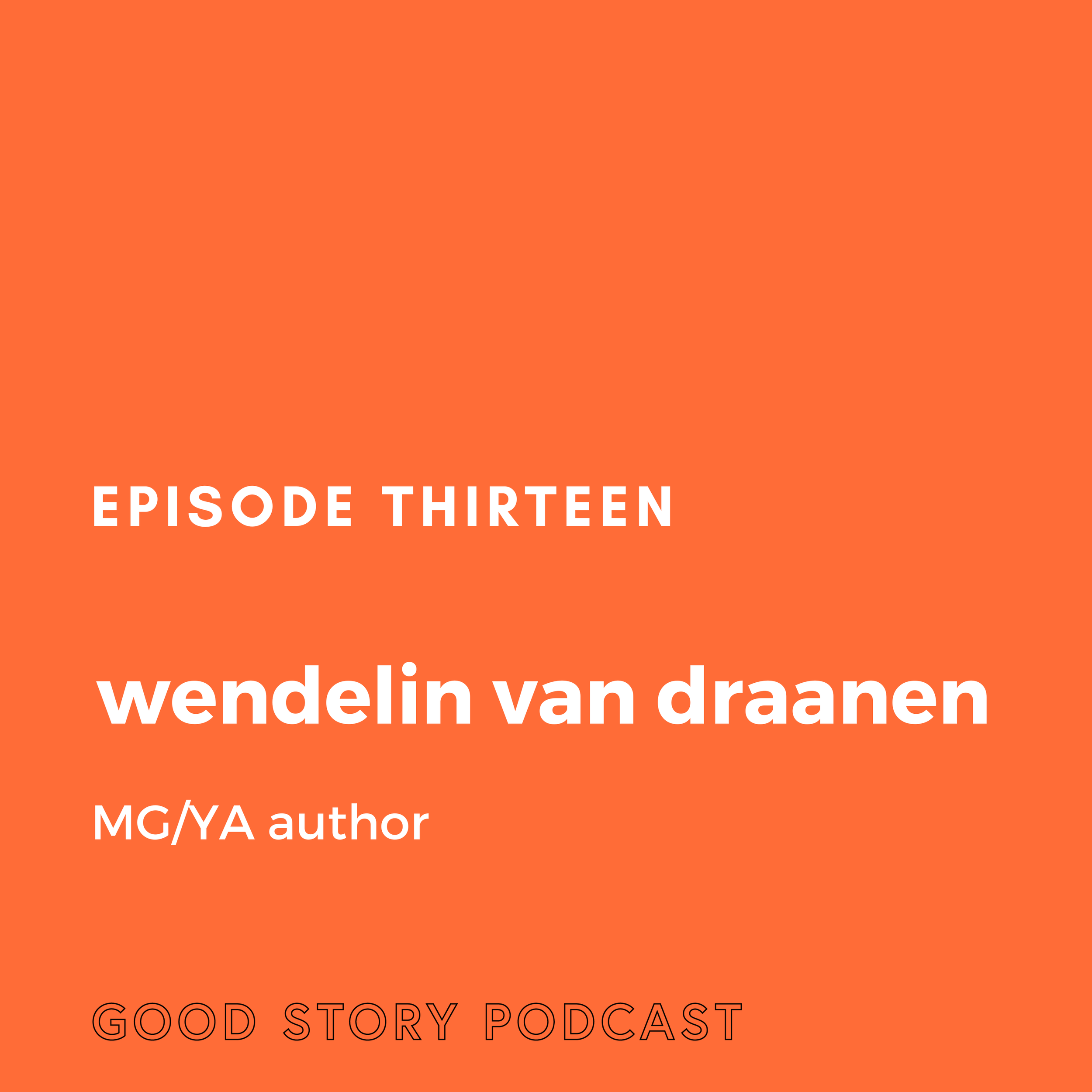

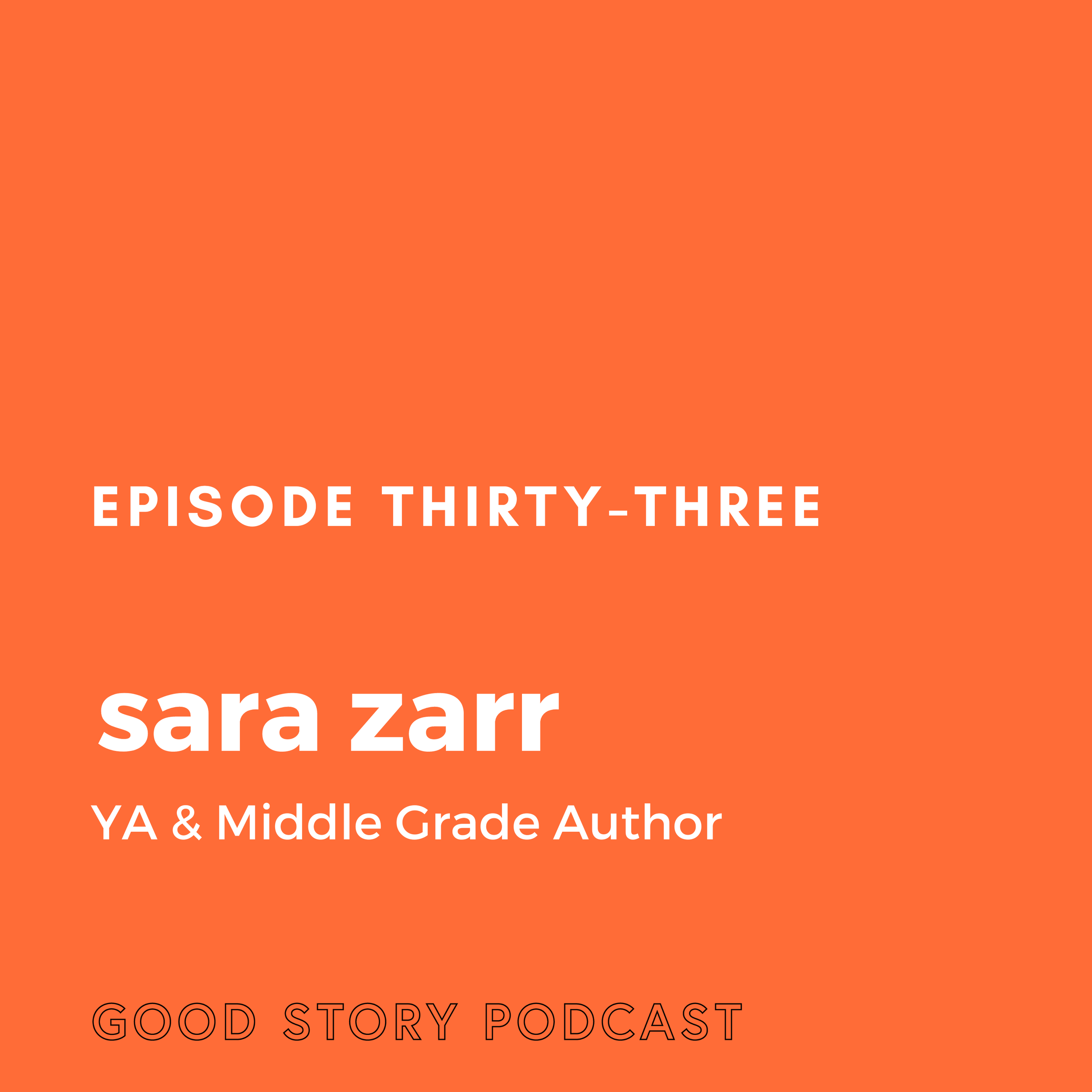
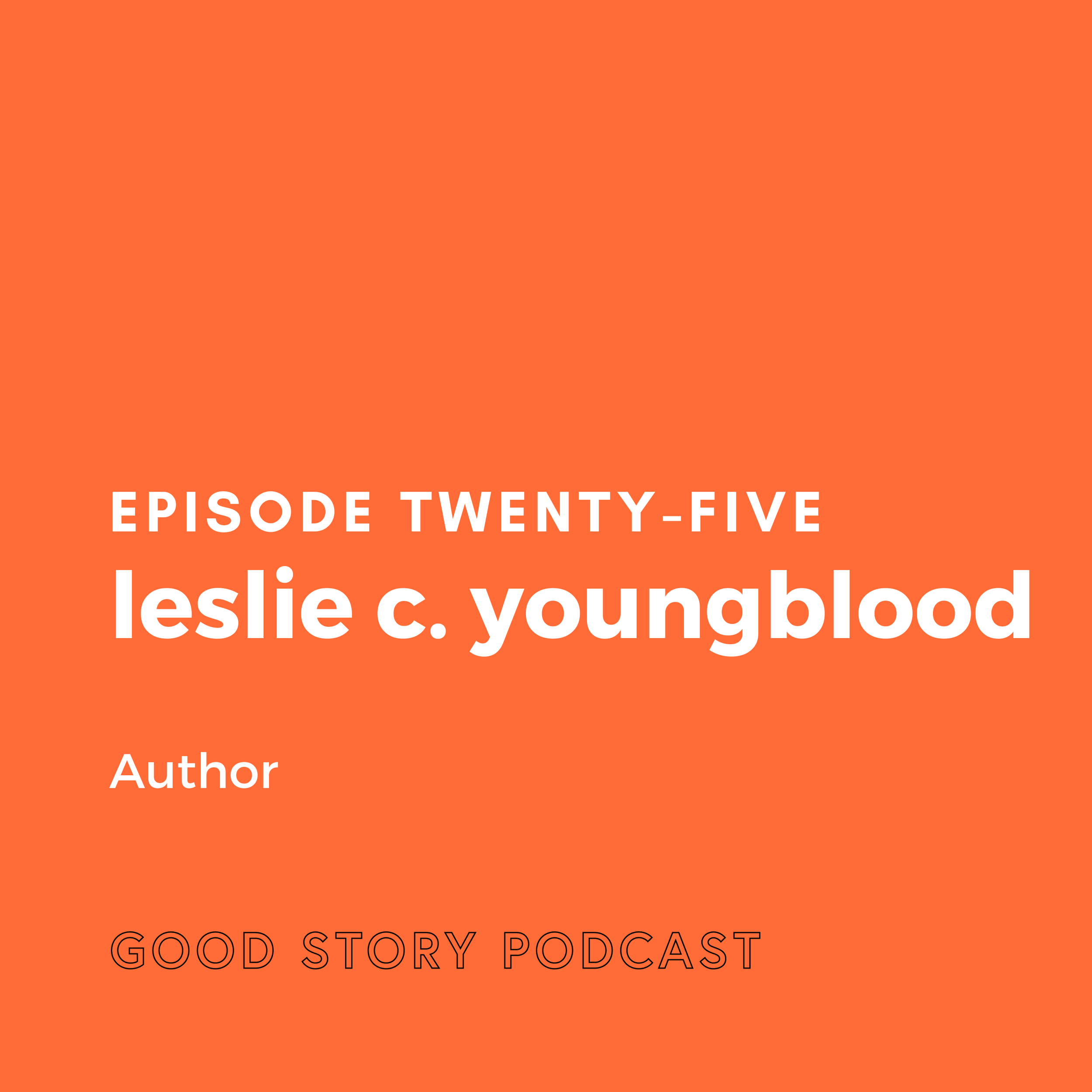
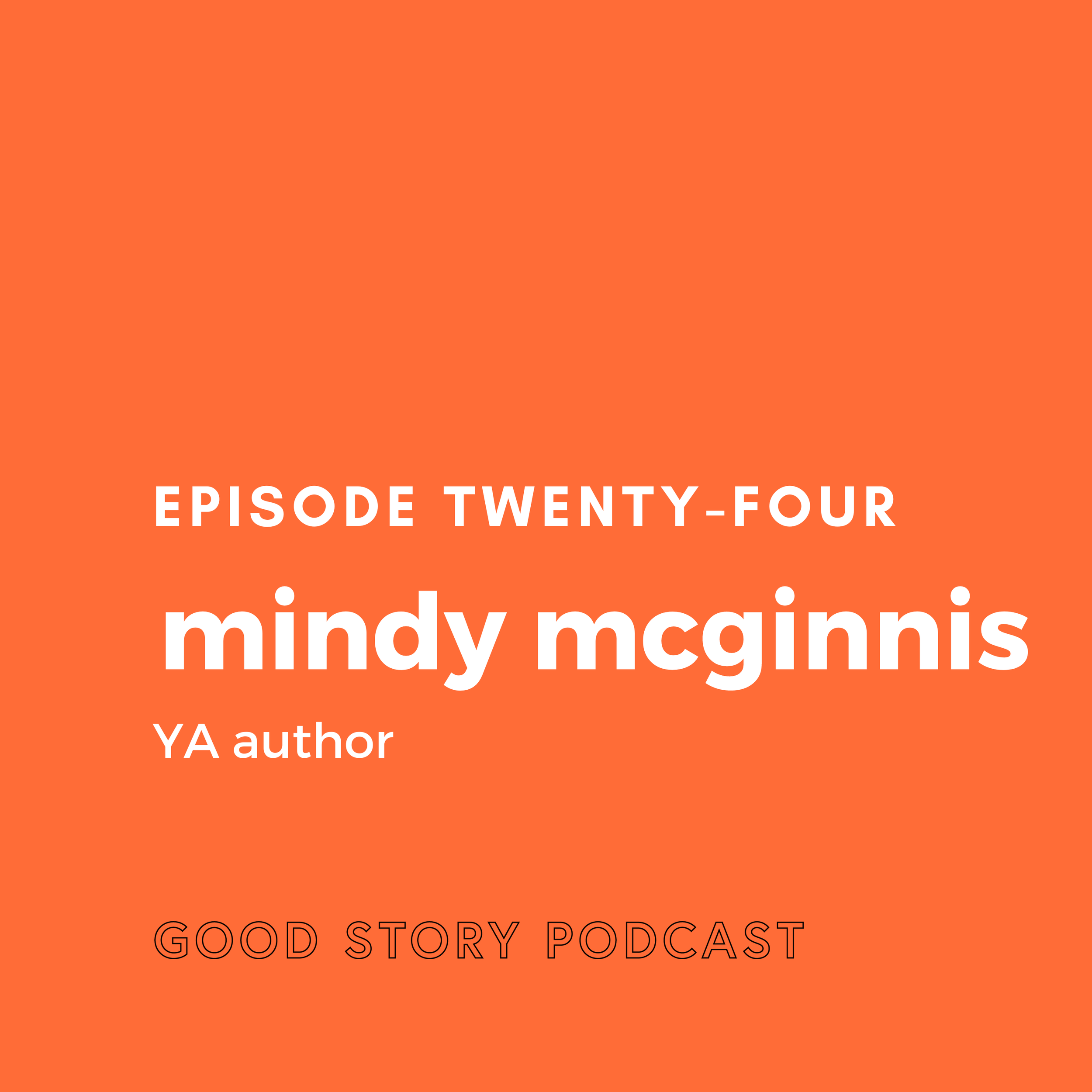
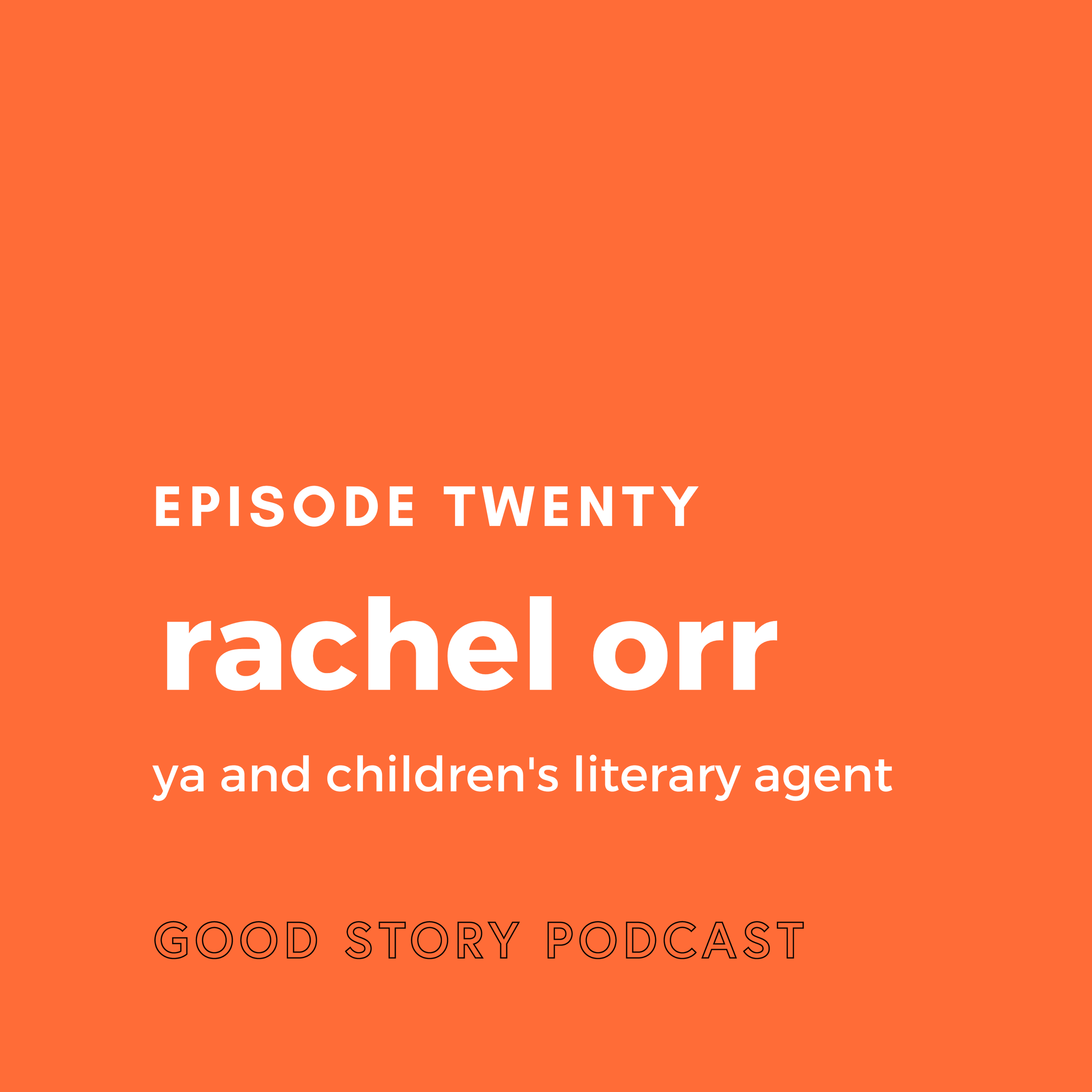

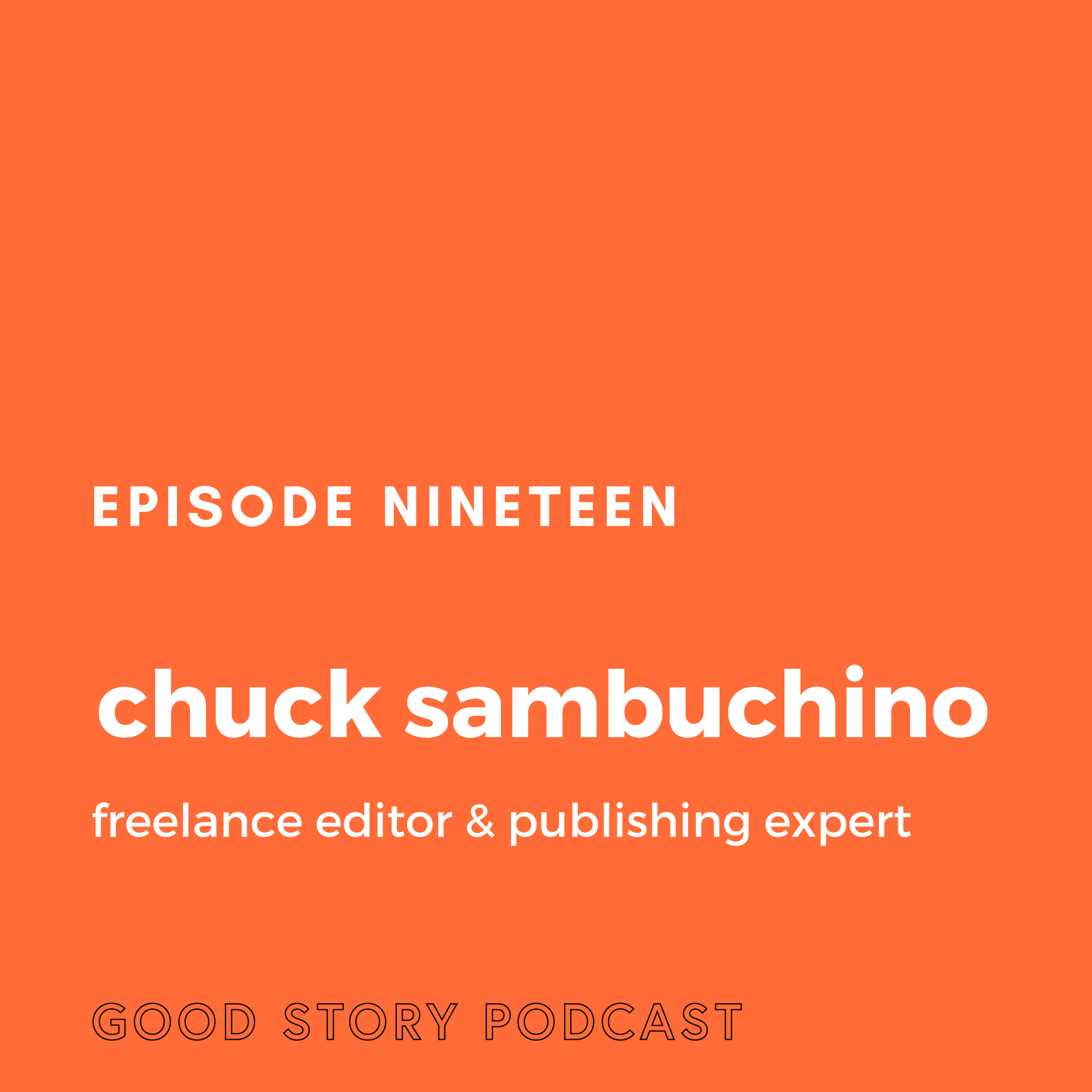
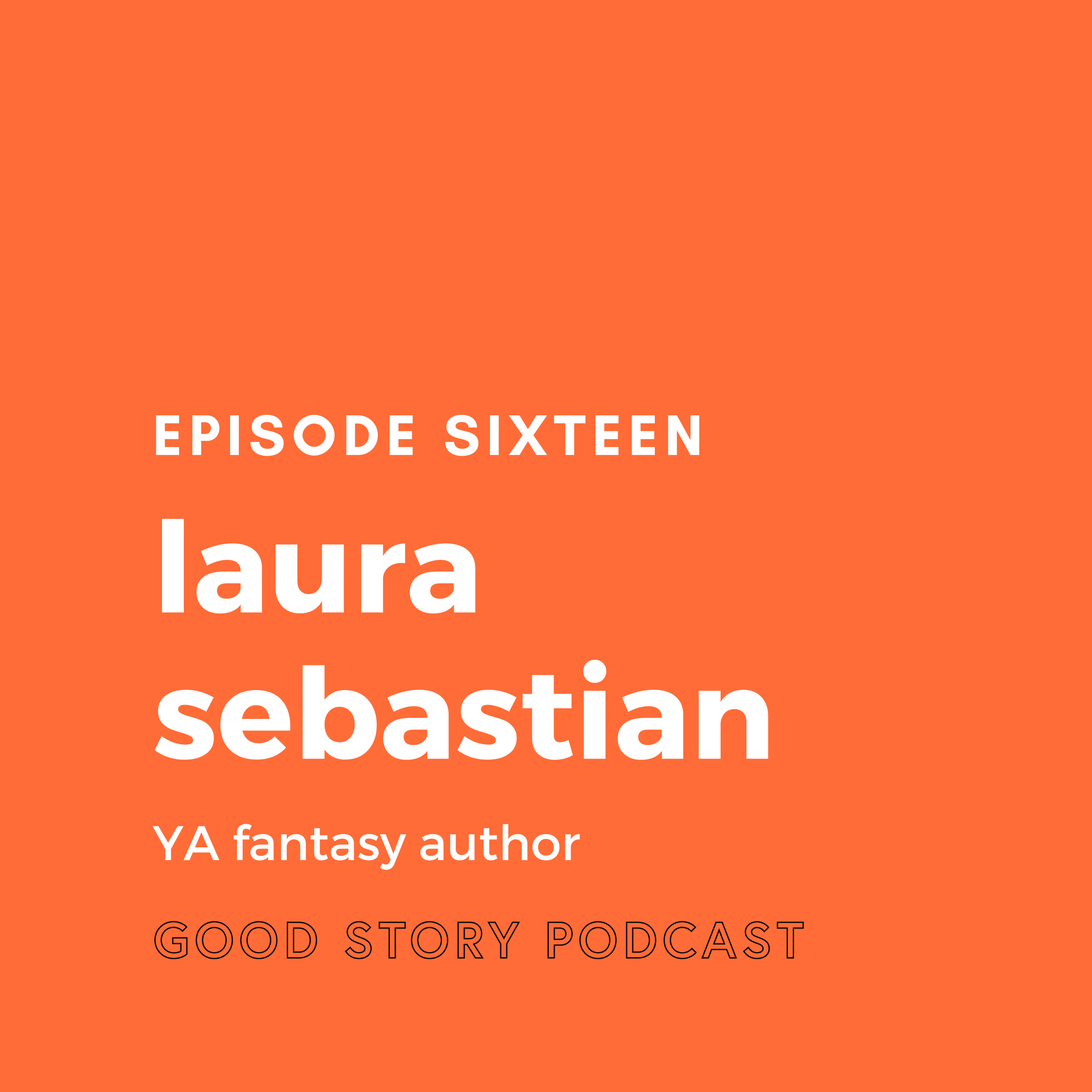

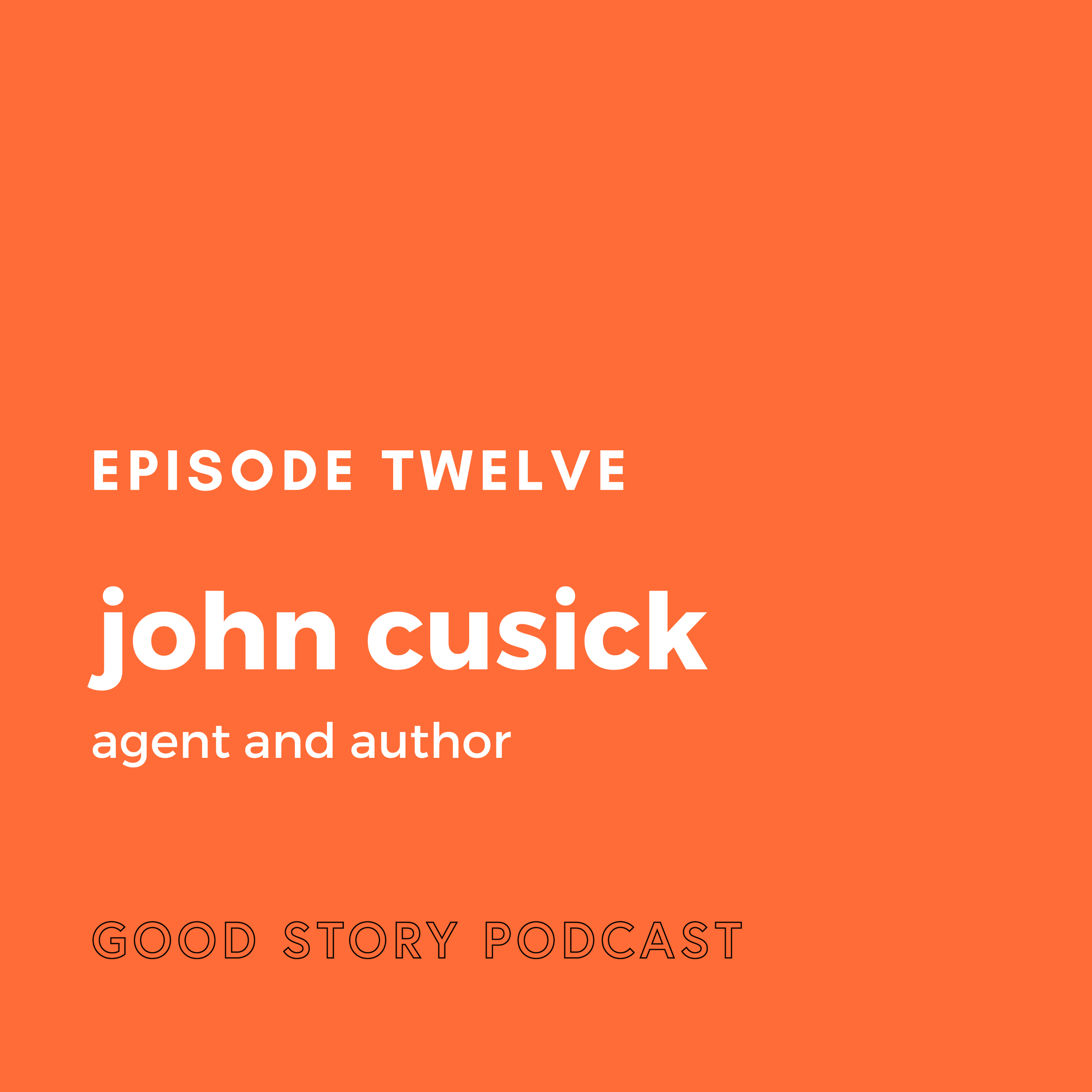
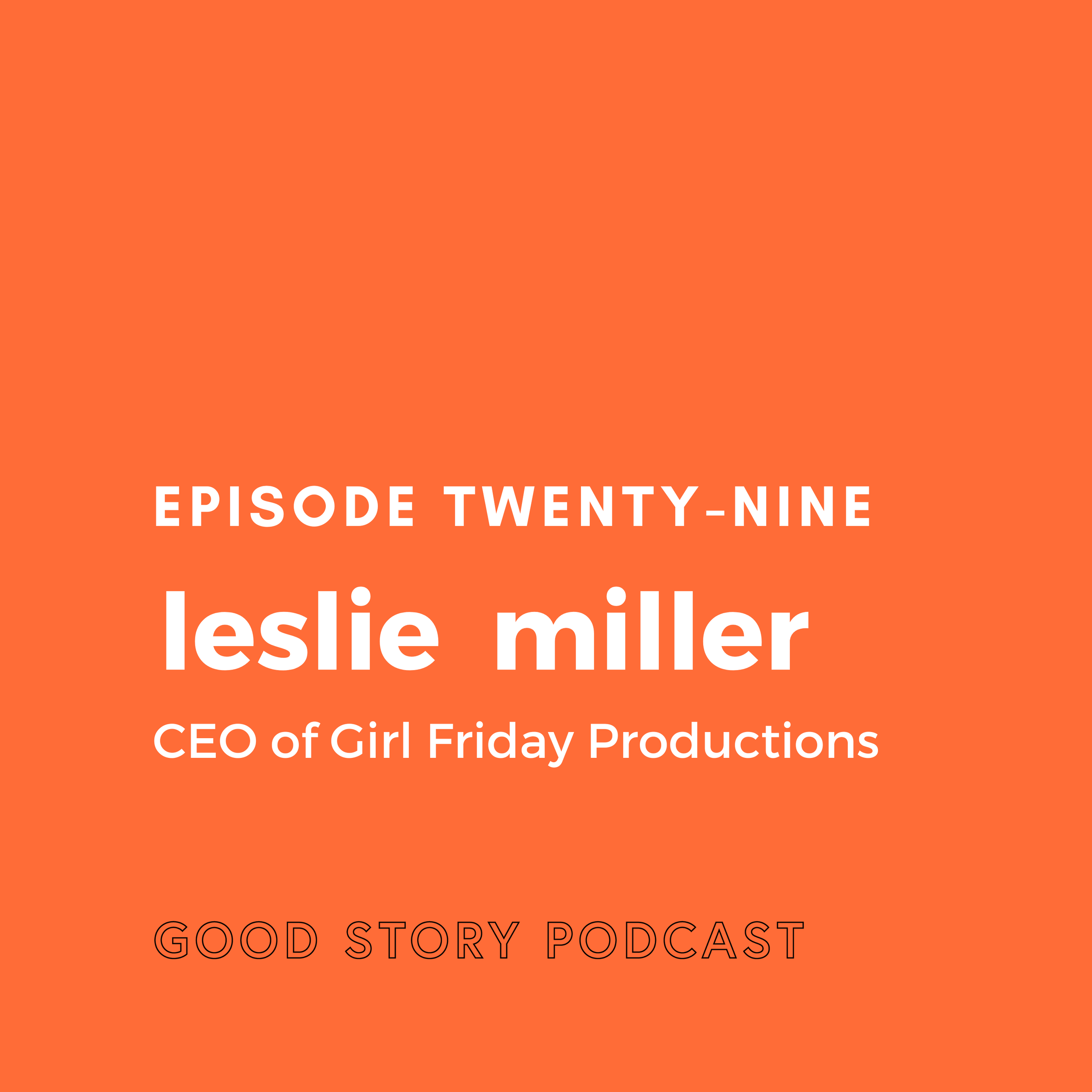





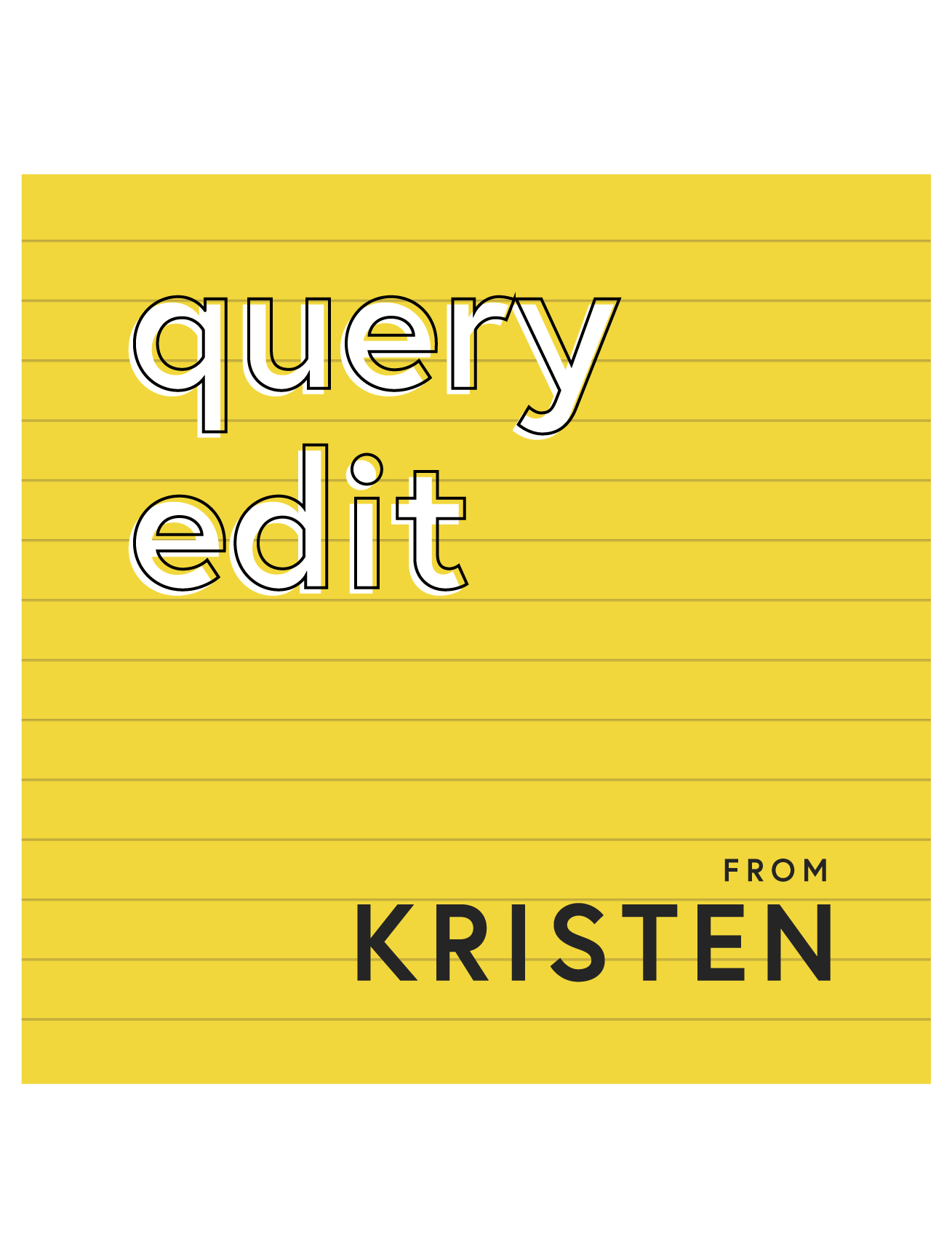
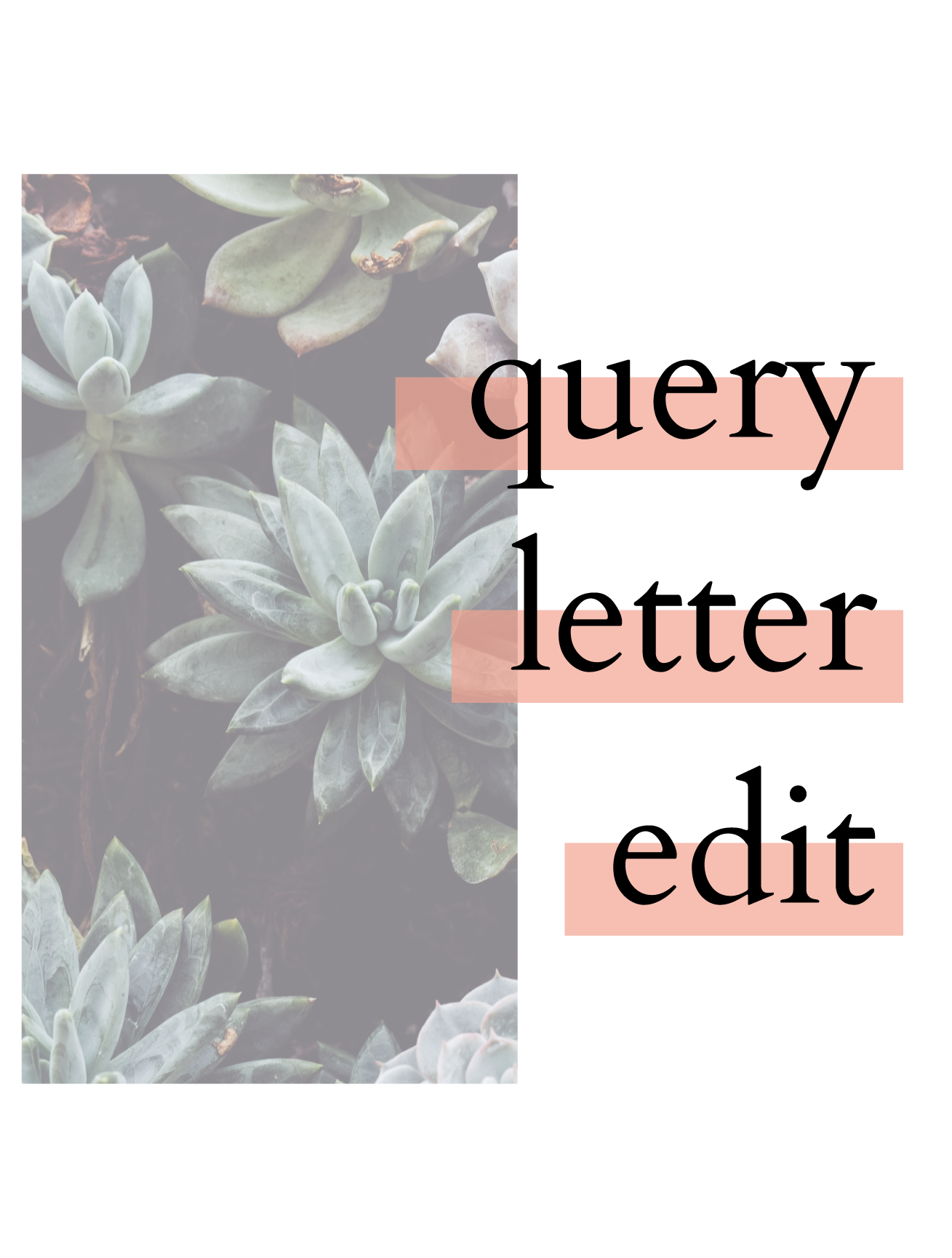
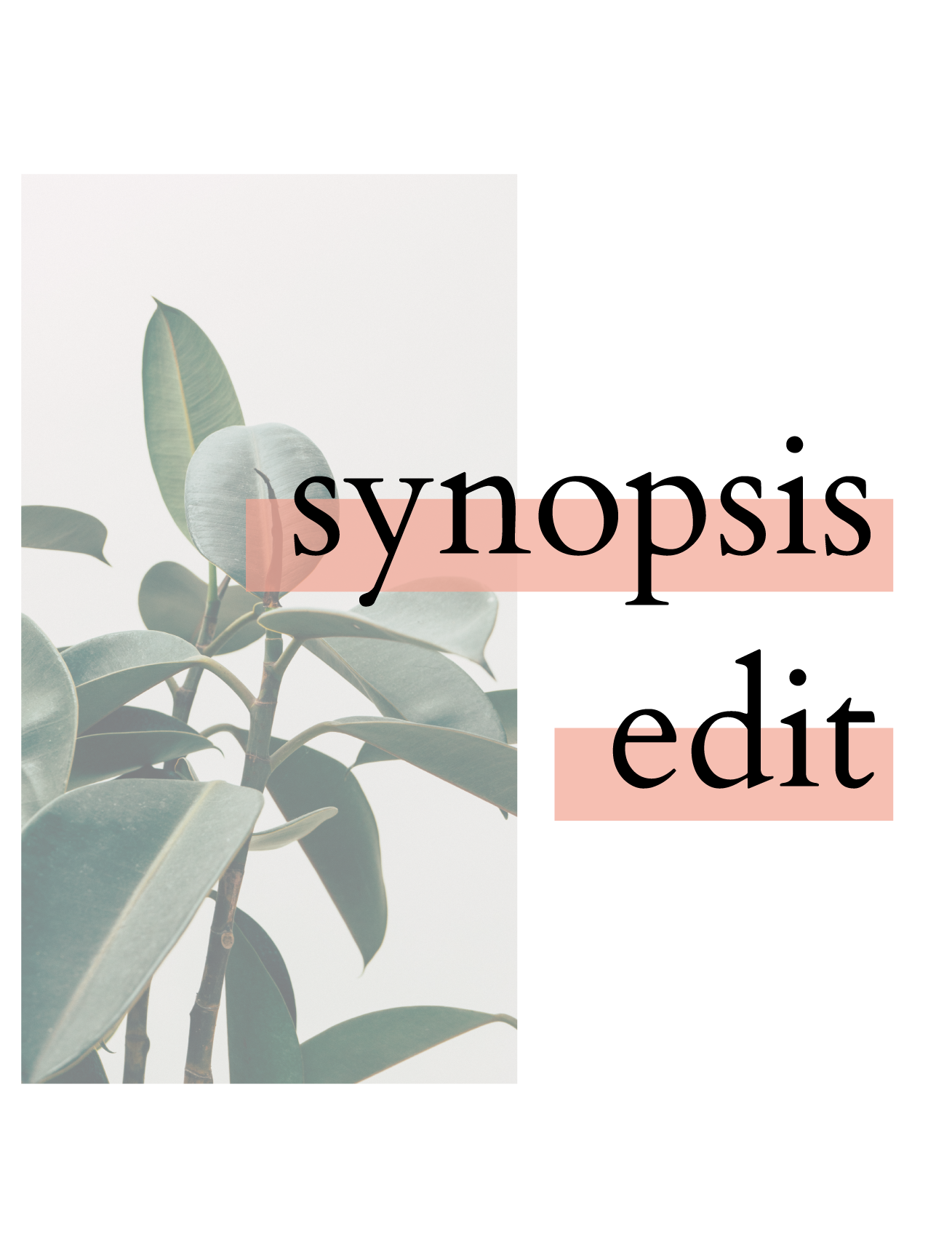


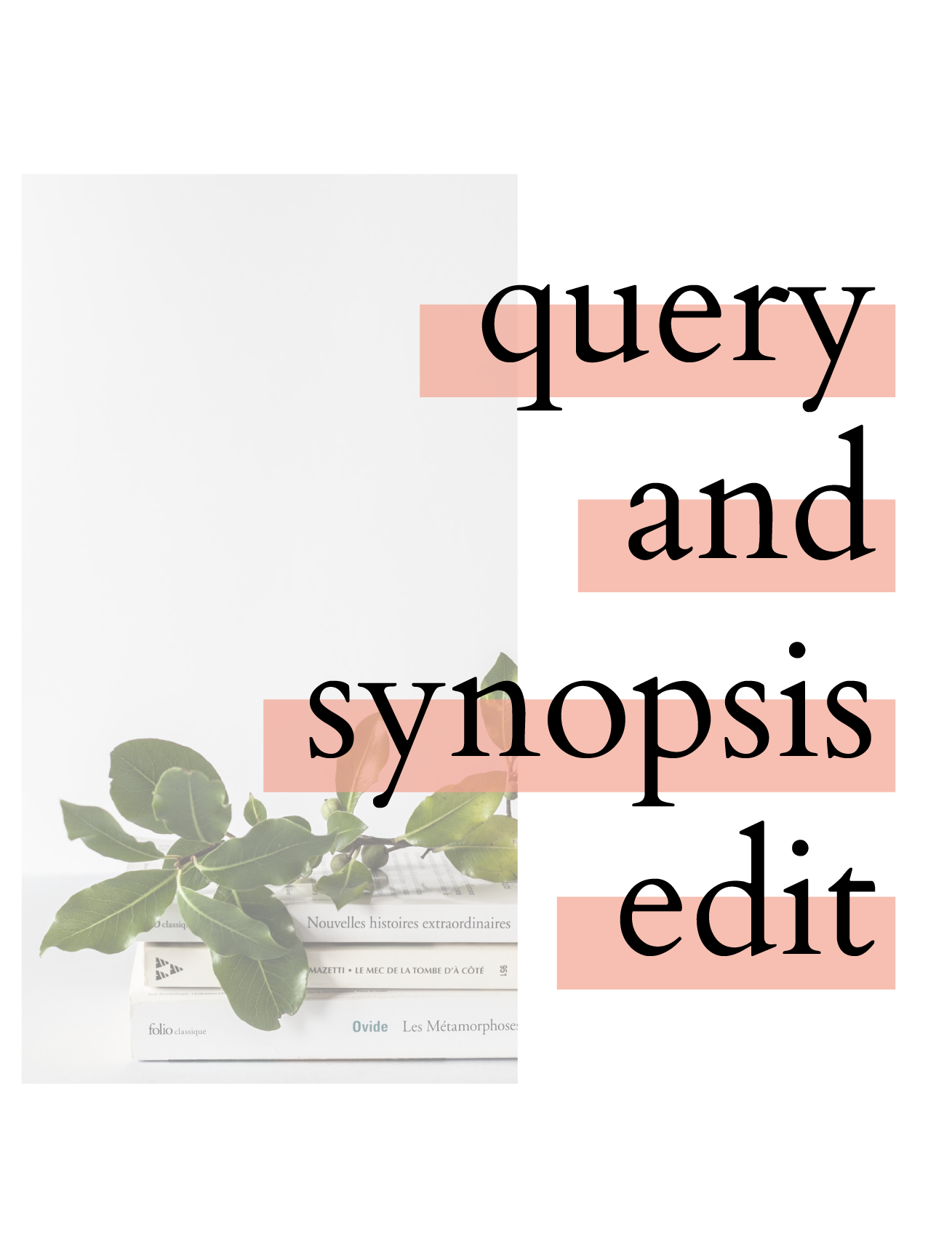
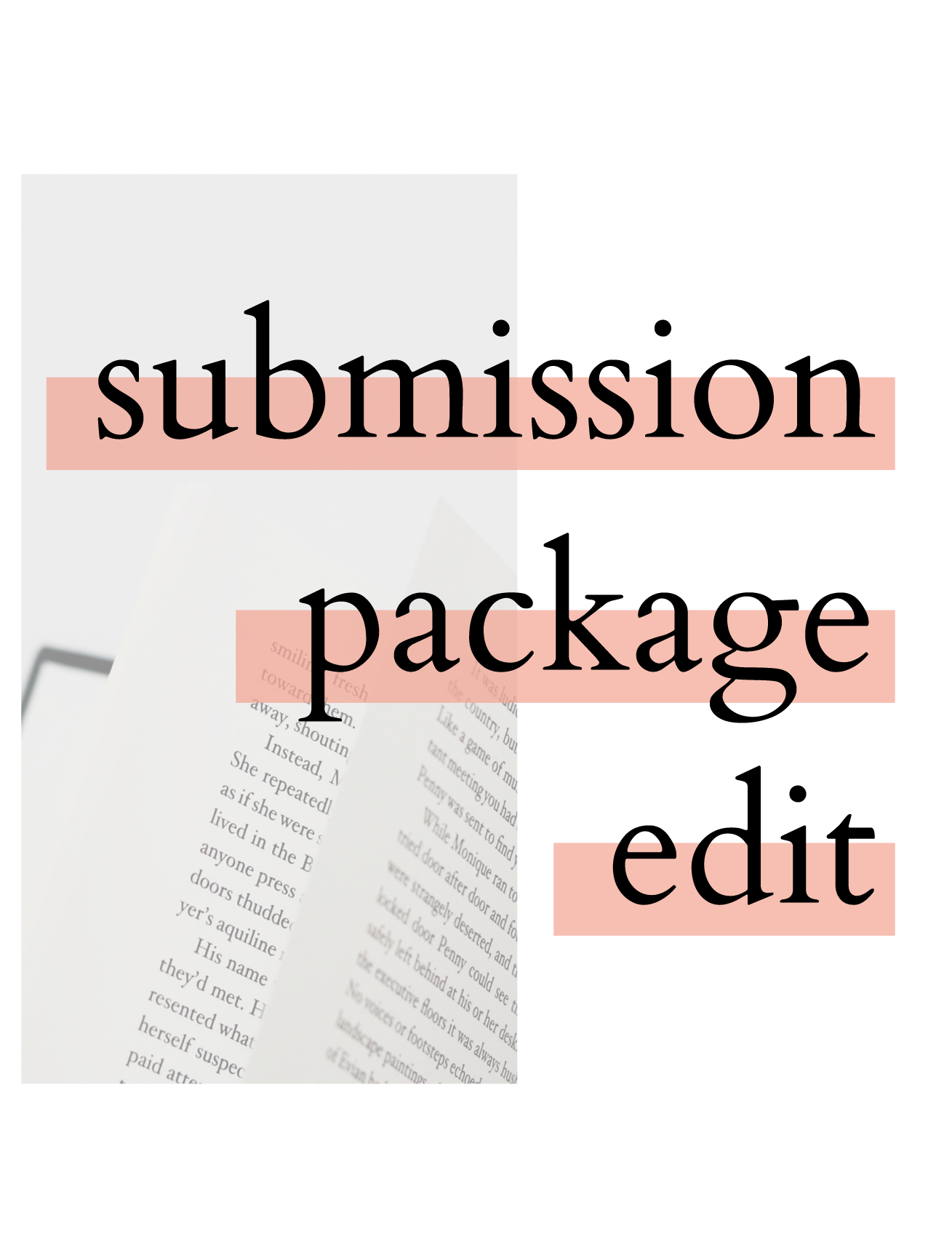




Thrilled to be joined by author and publishing expert Courtney Maum! She gives us insight behind her terrific book, Before and After the Book Deal, and talks about the highs and lows of publishing. Tune in for her knowledgable tidbits about marketing, building an online platform, self-publishing, memoir, and more!